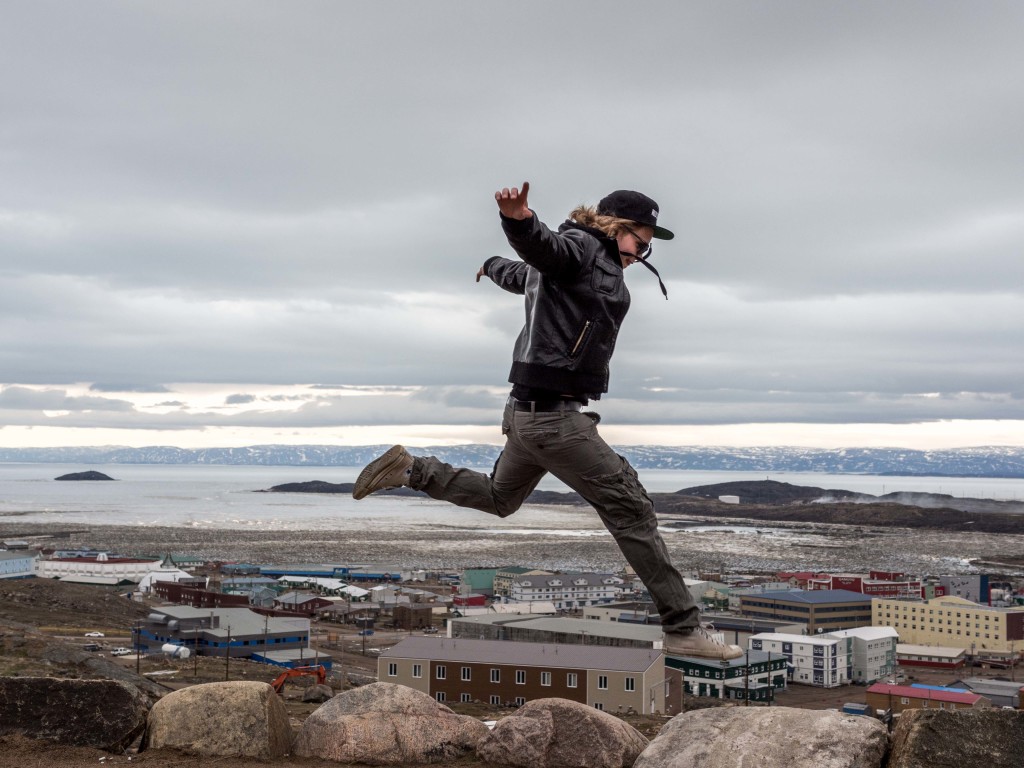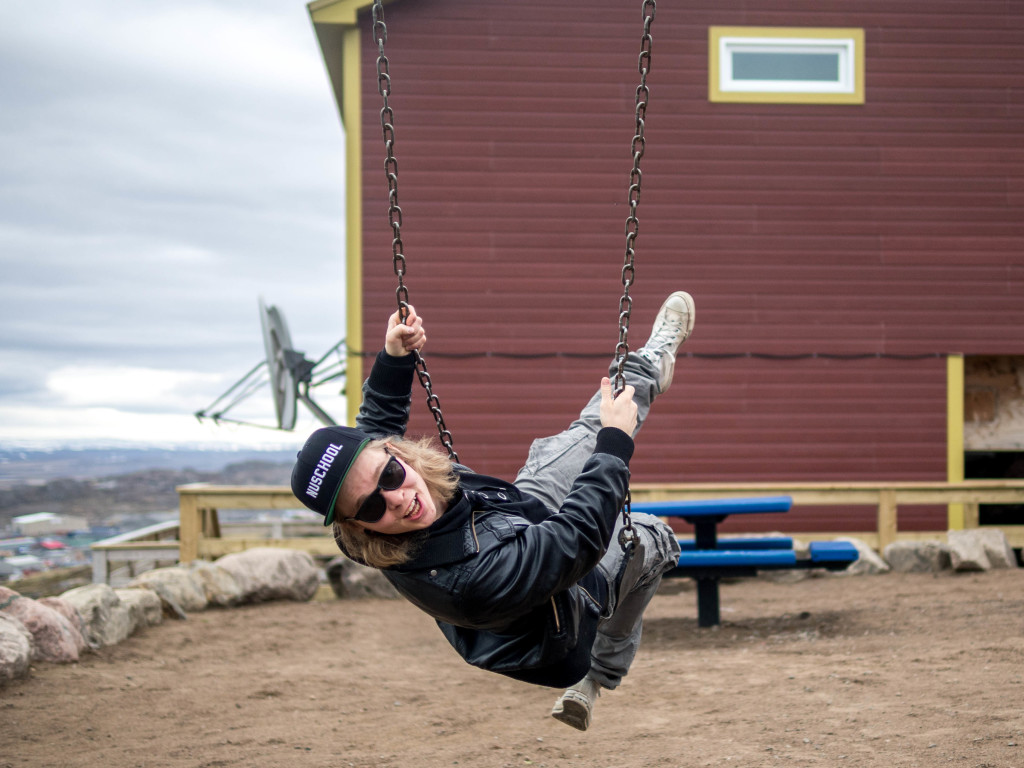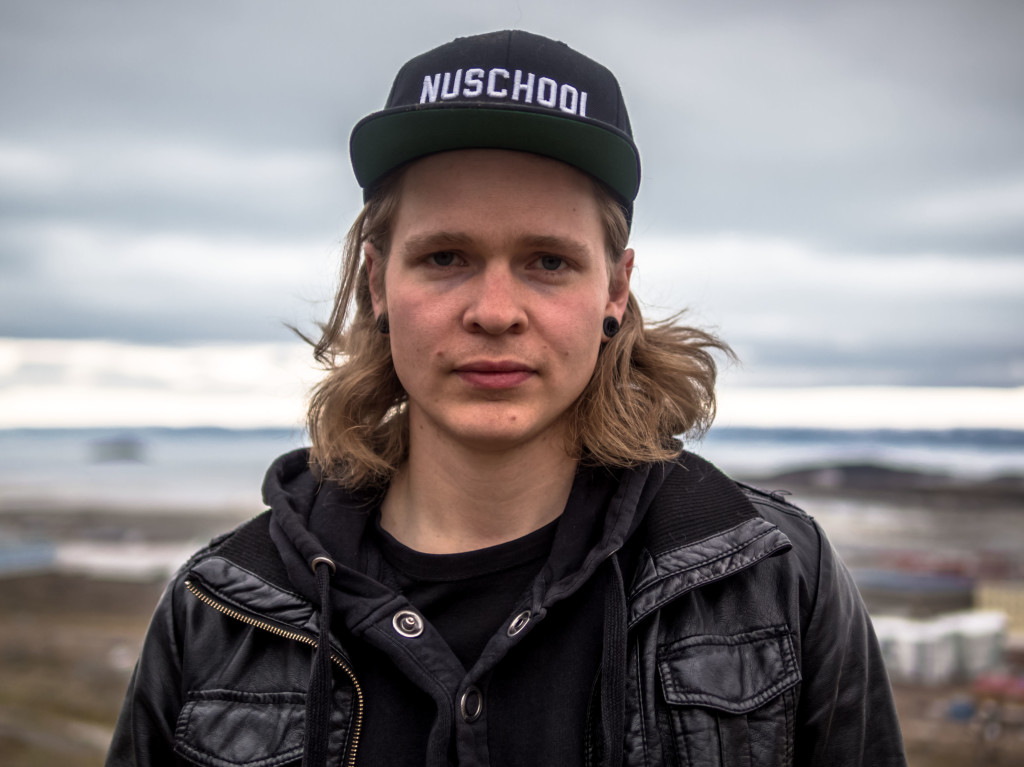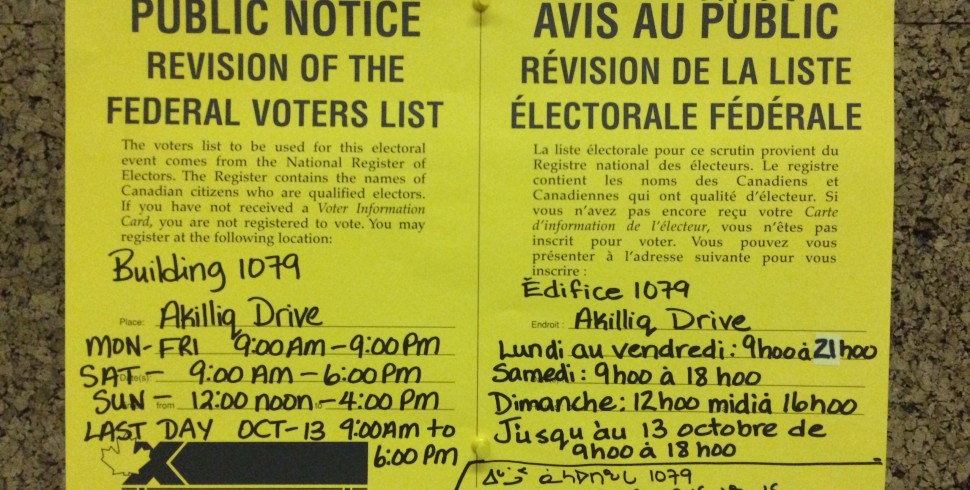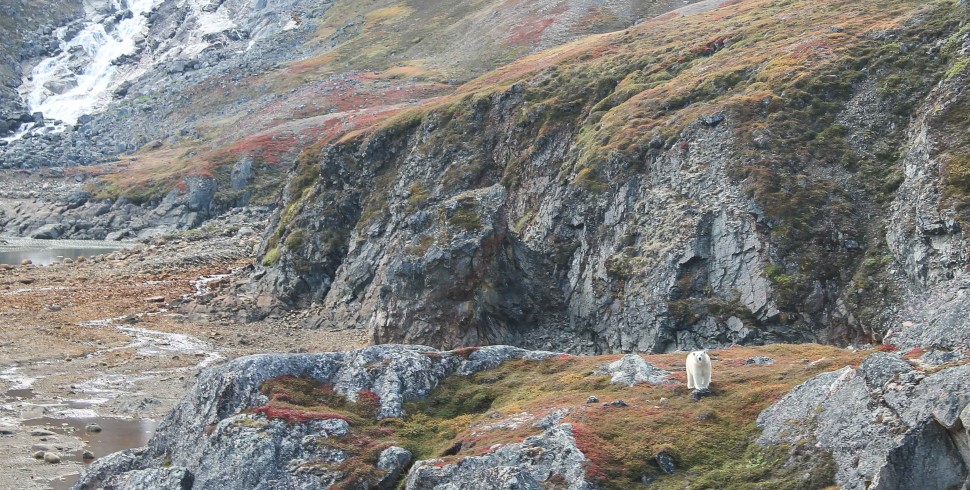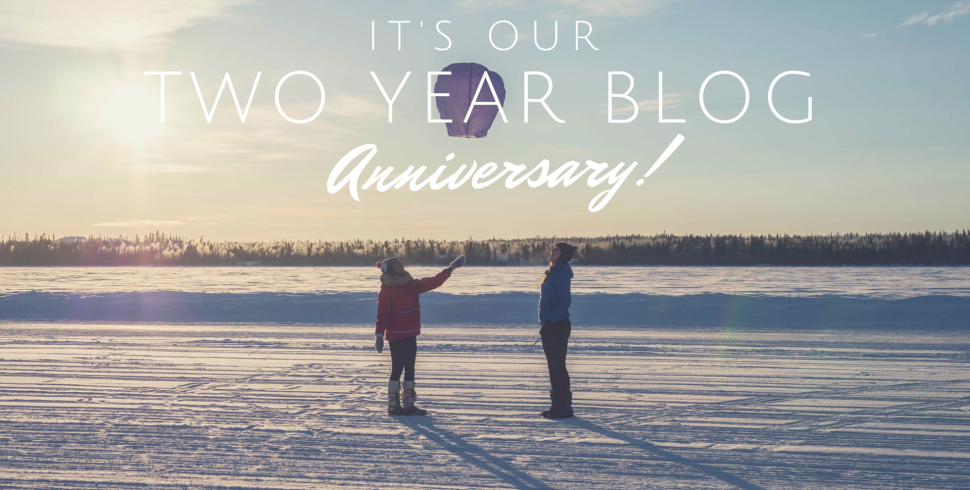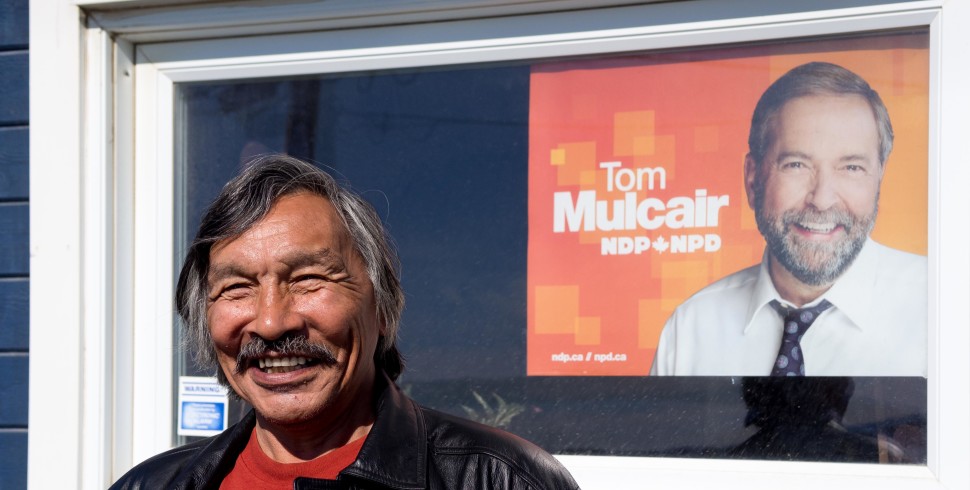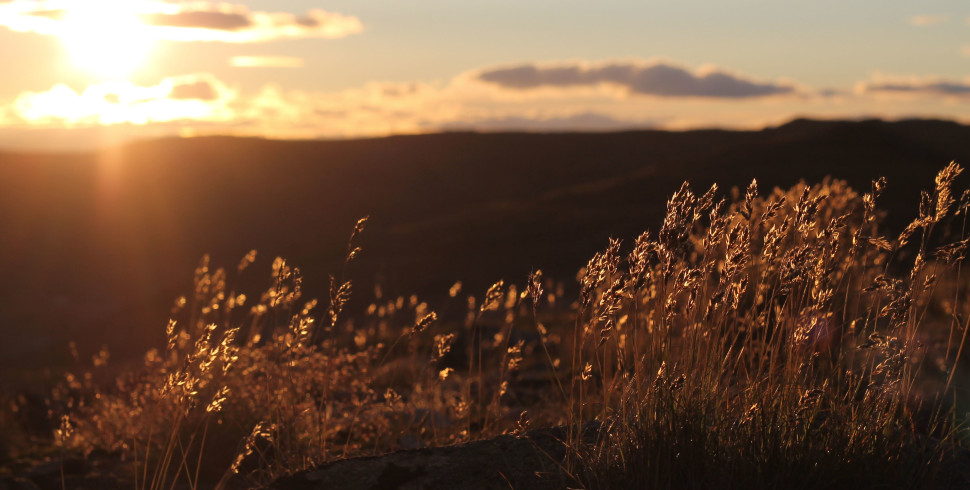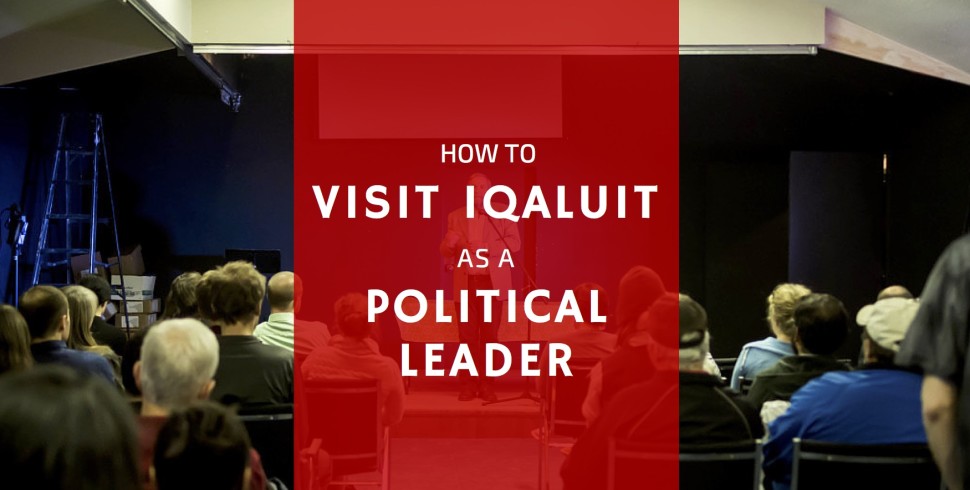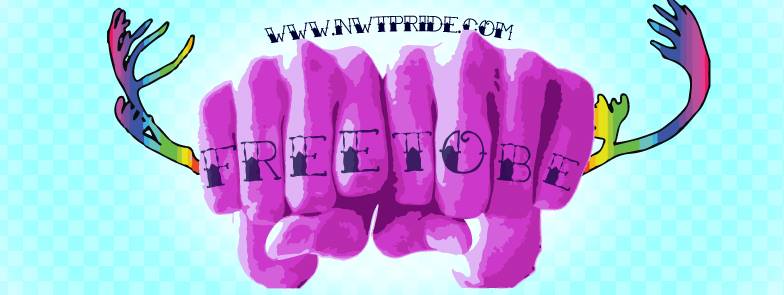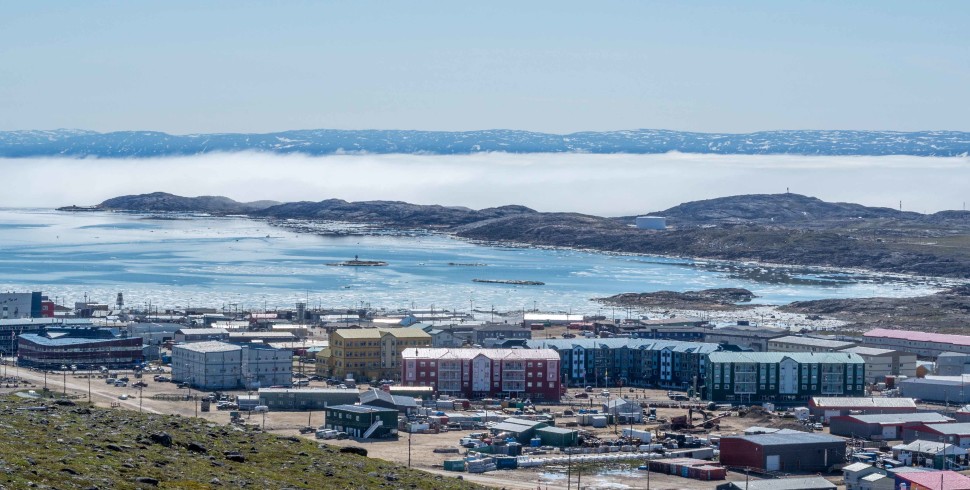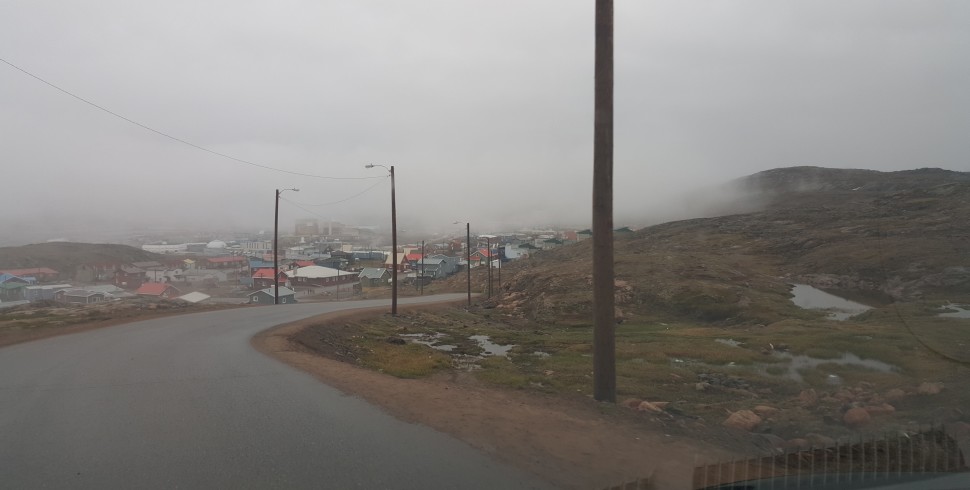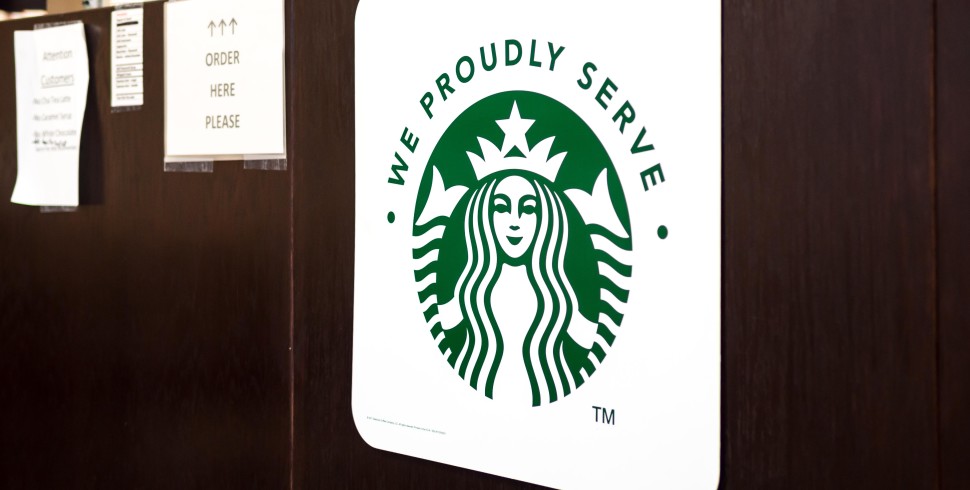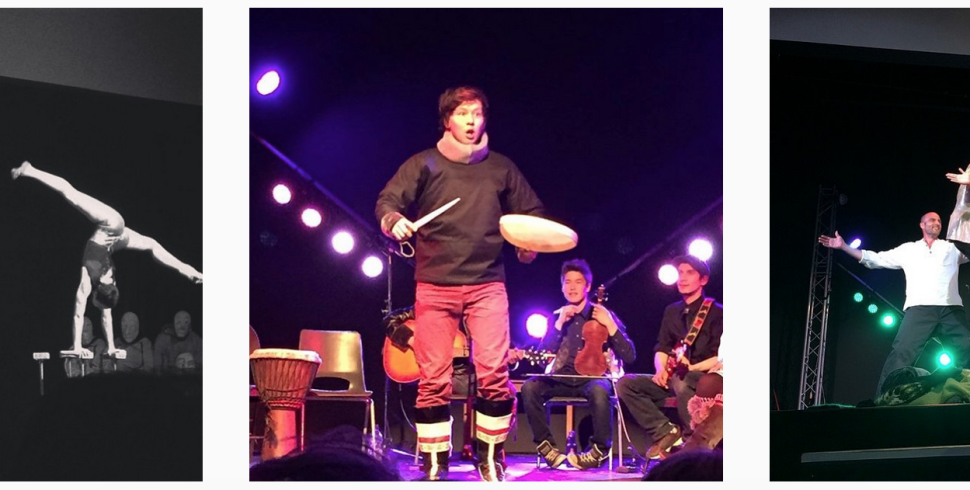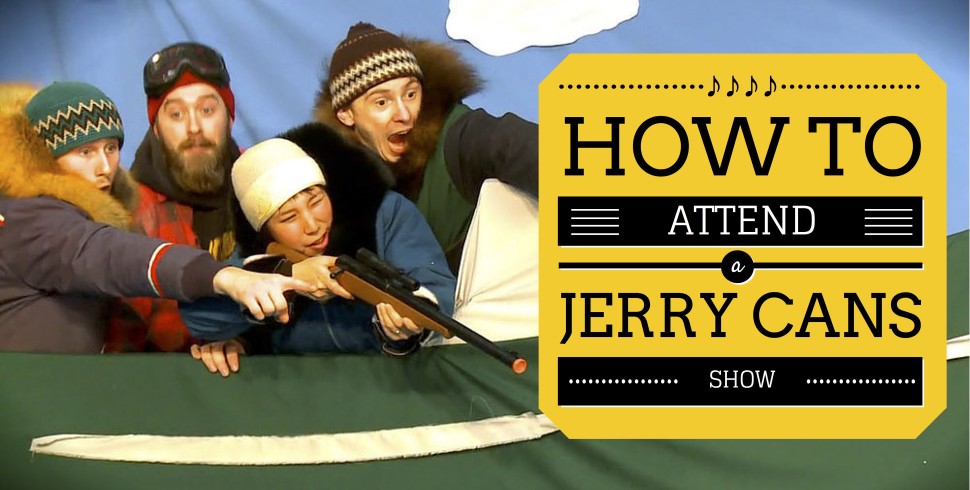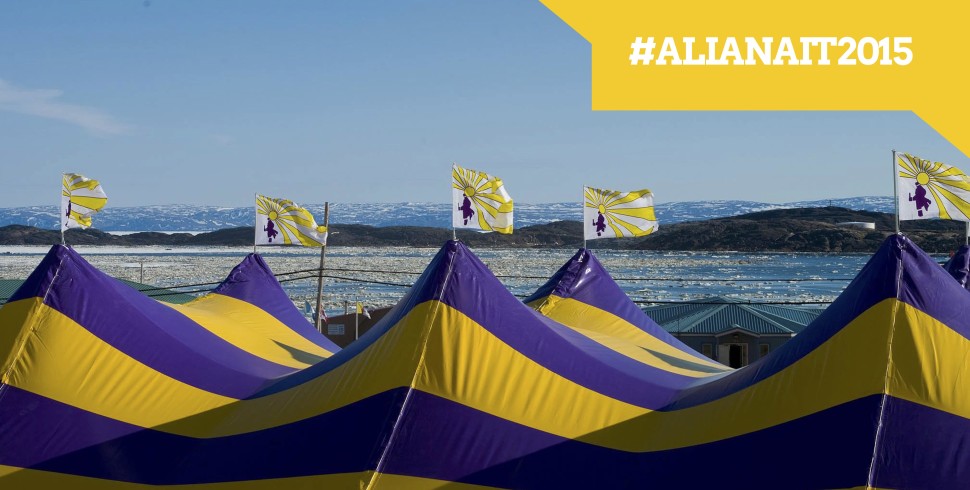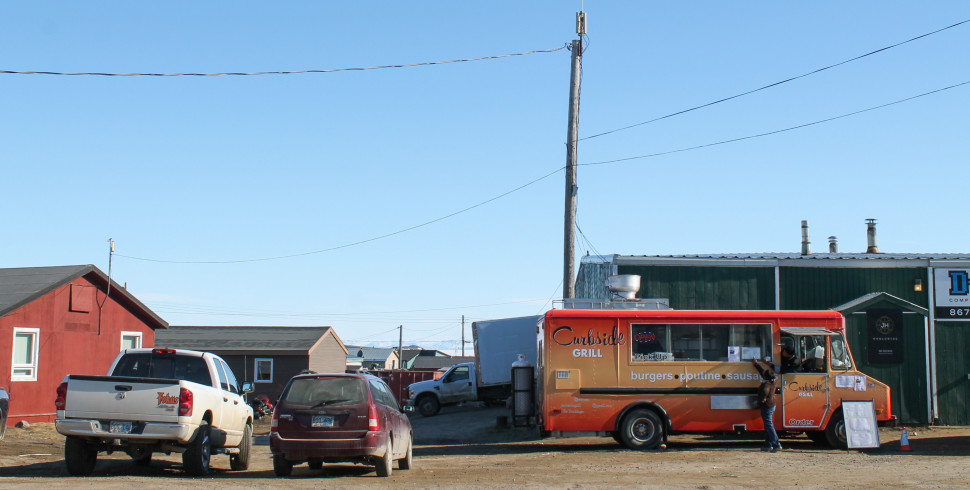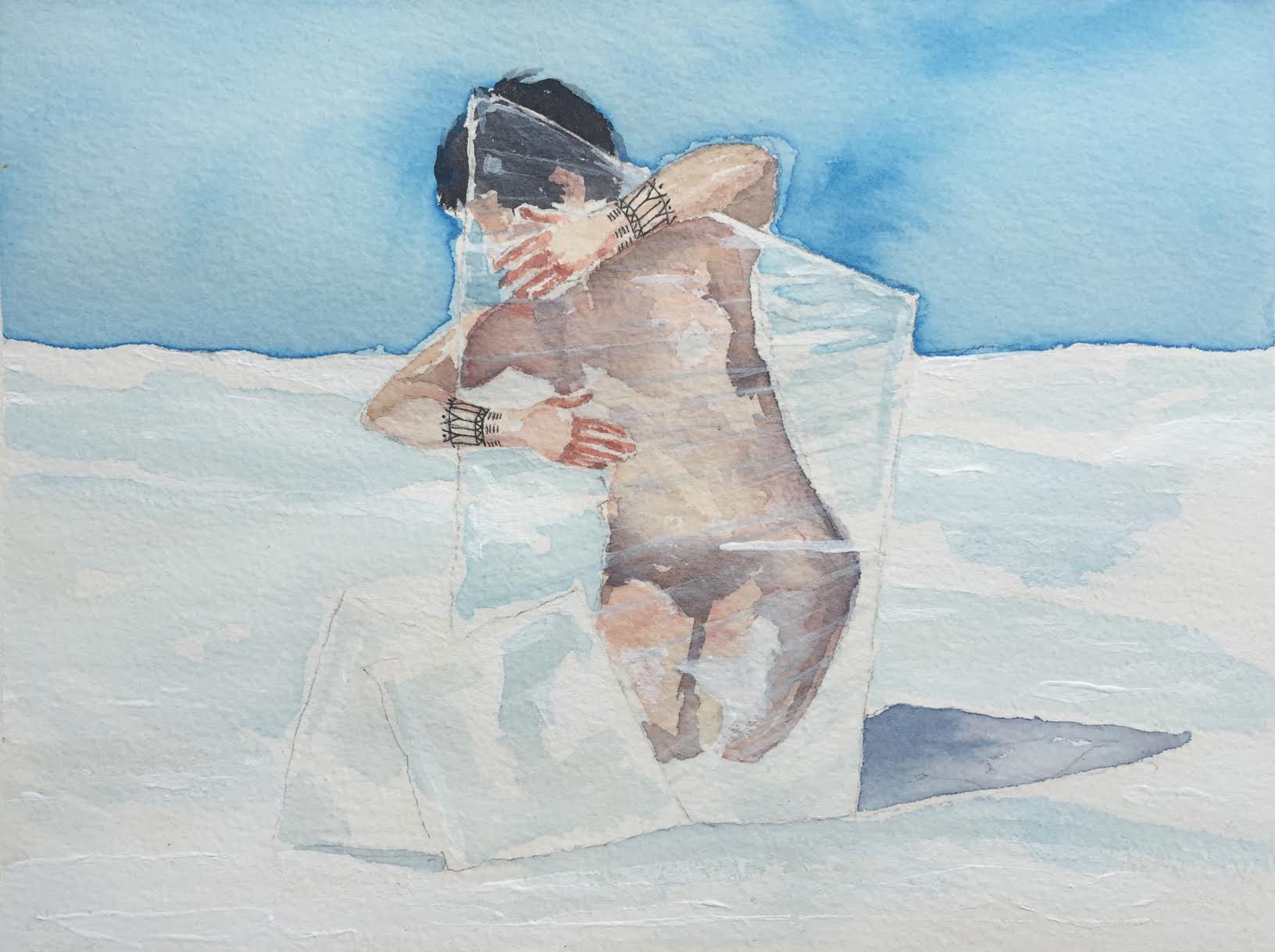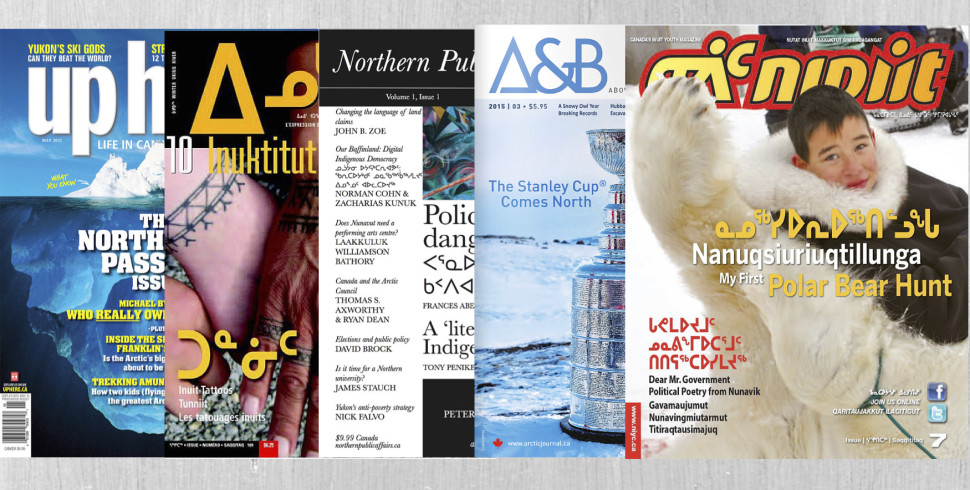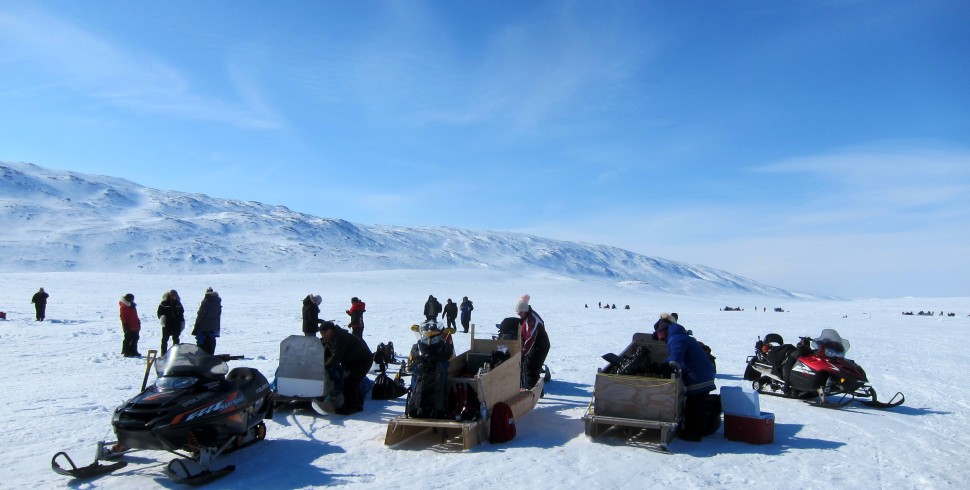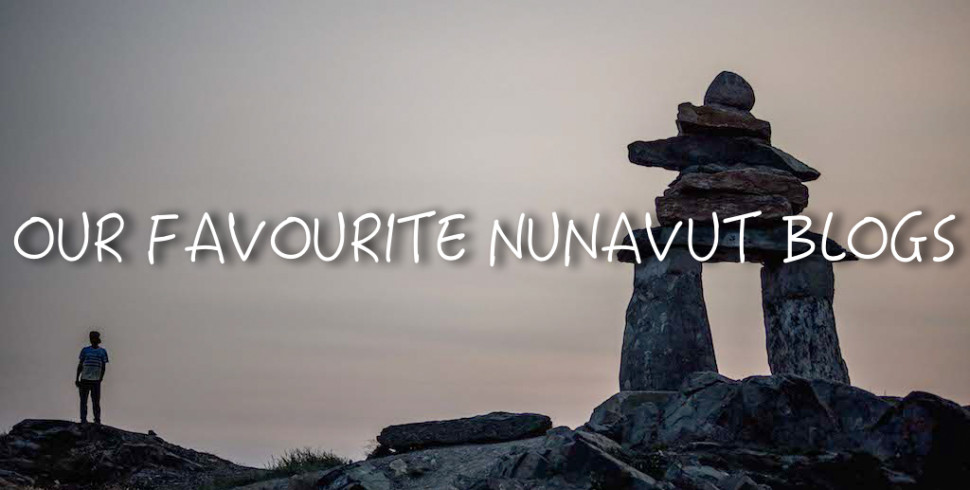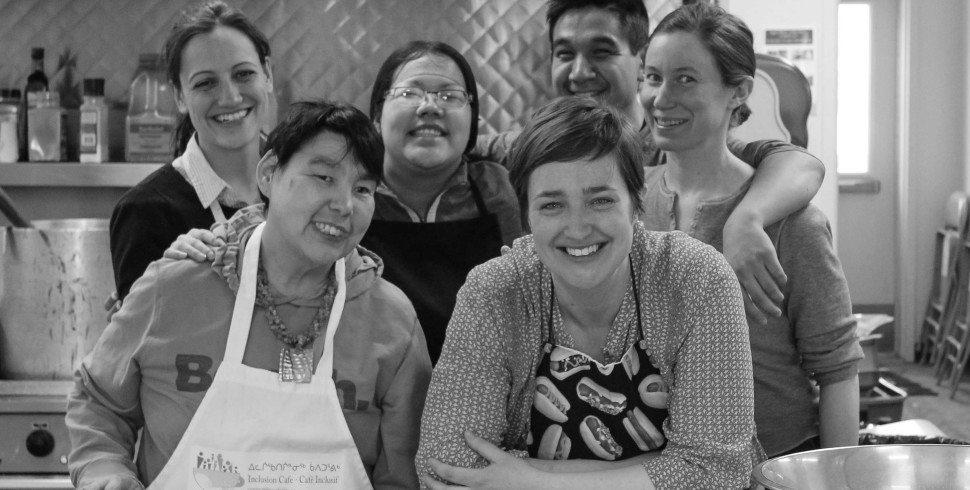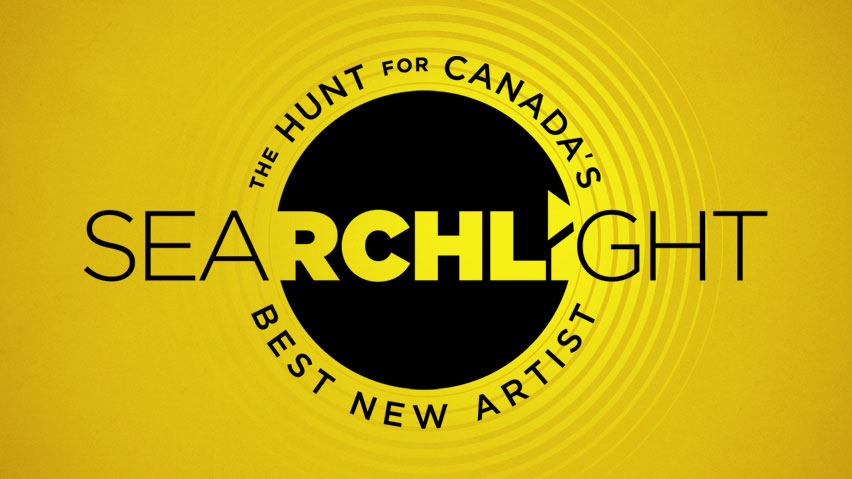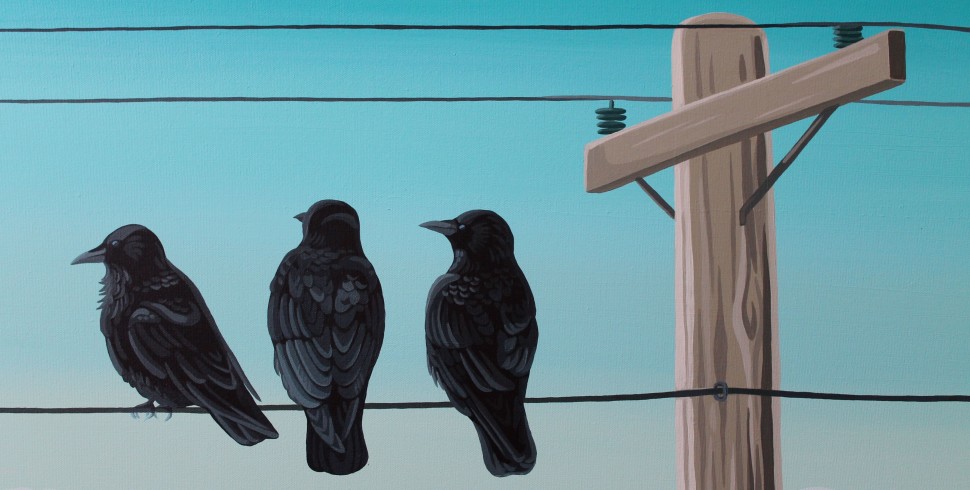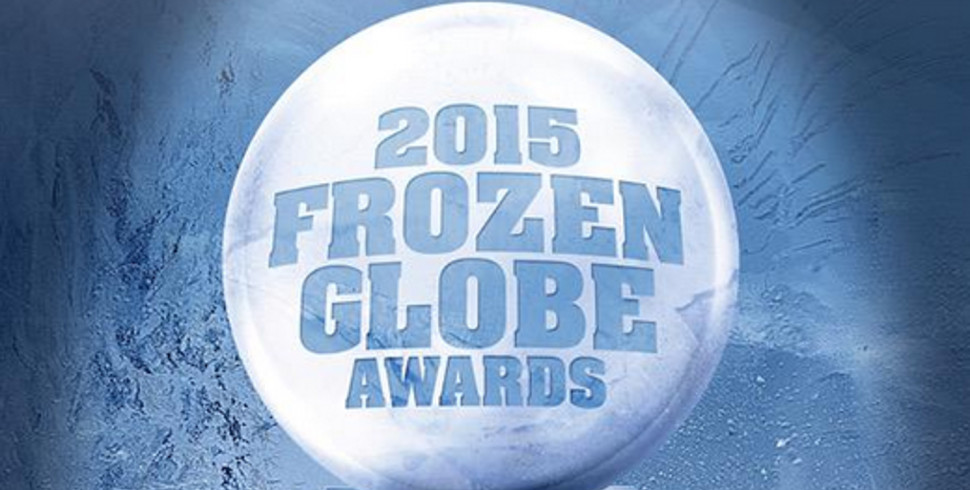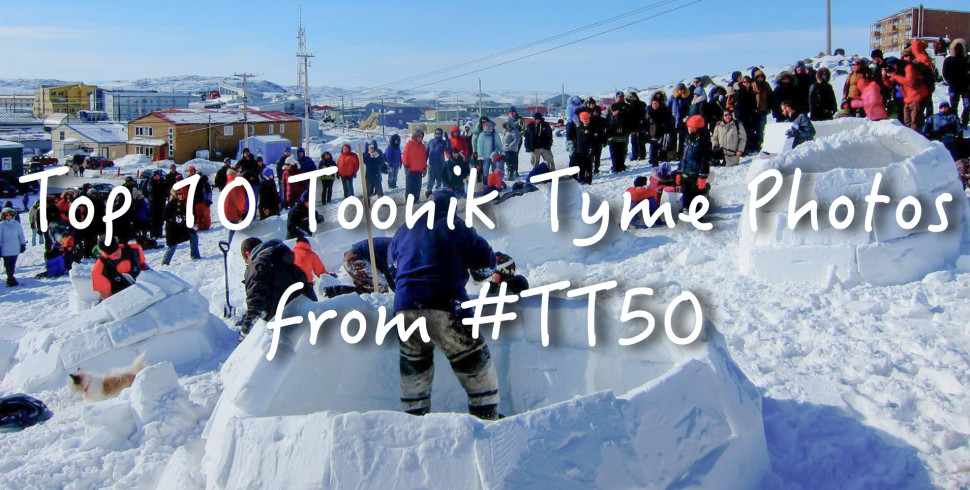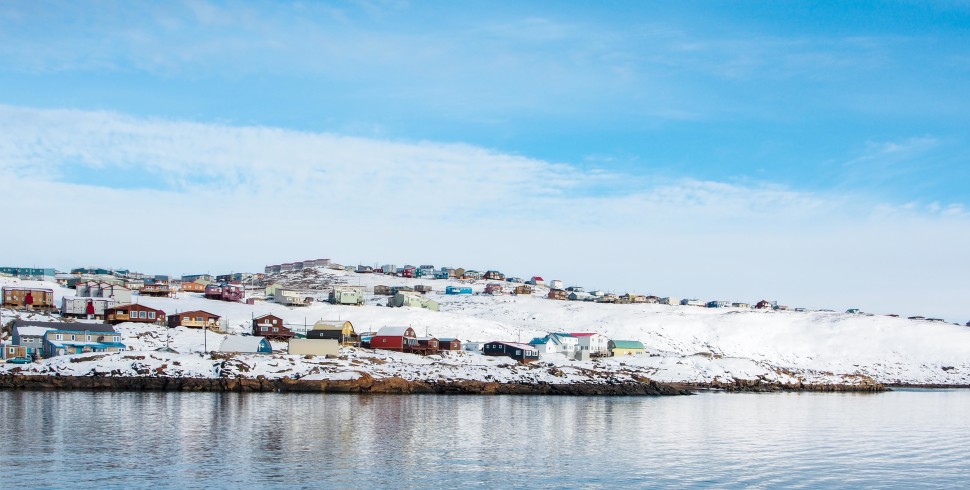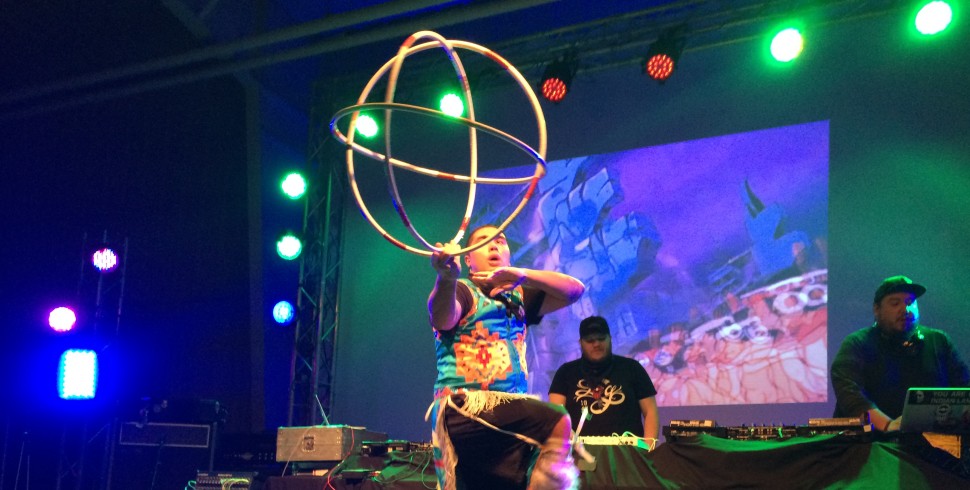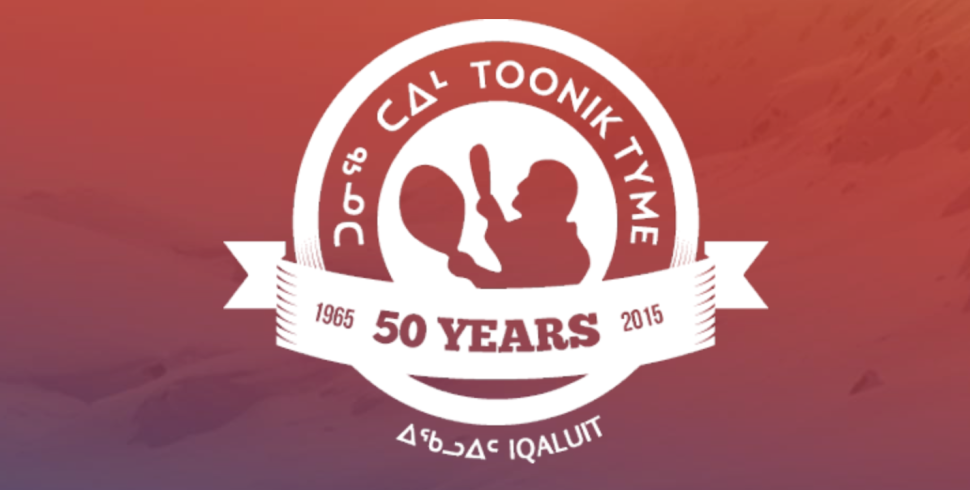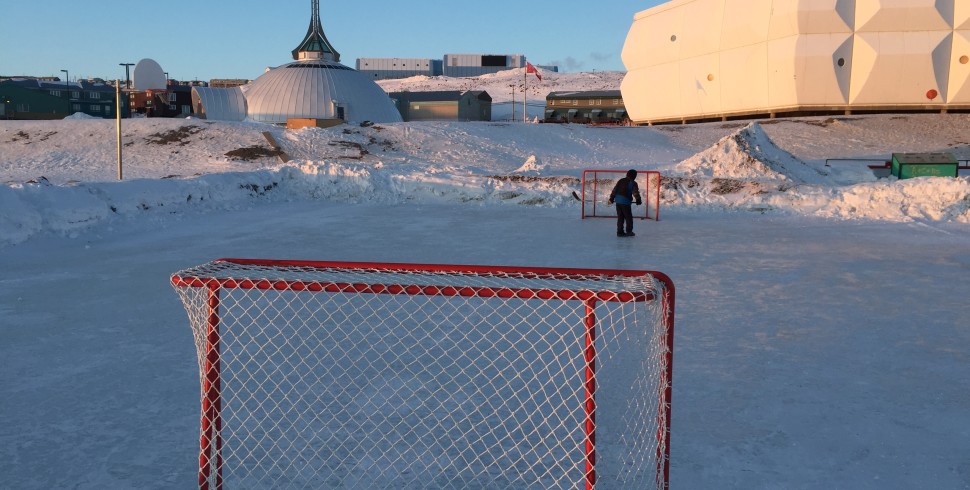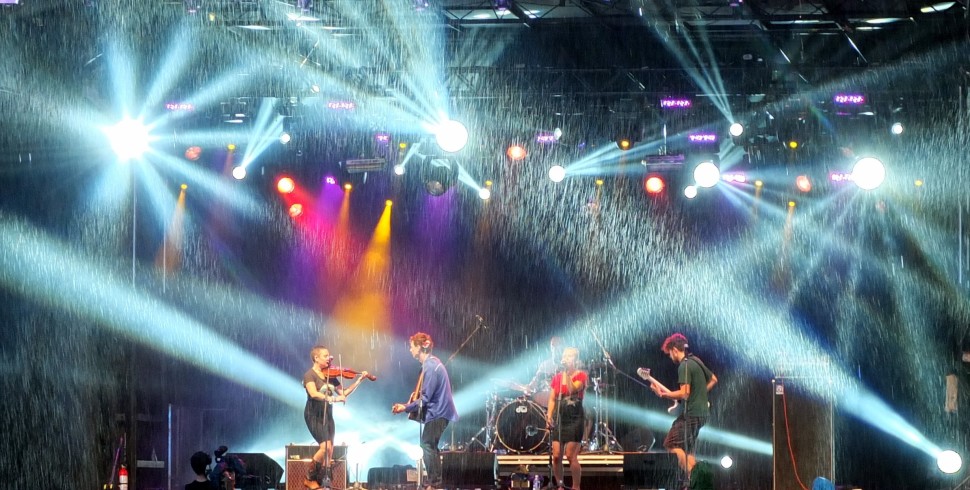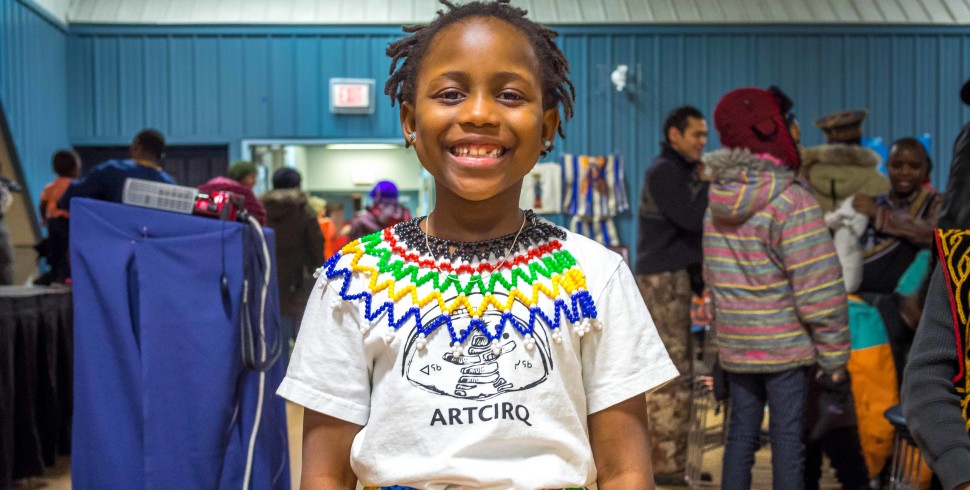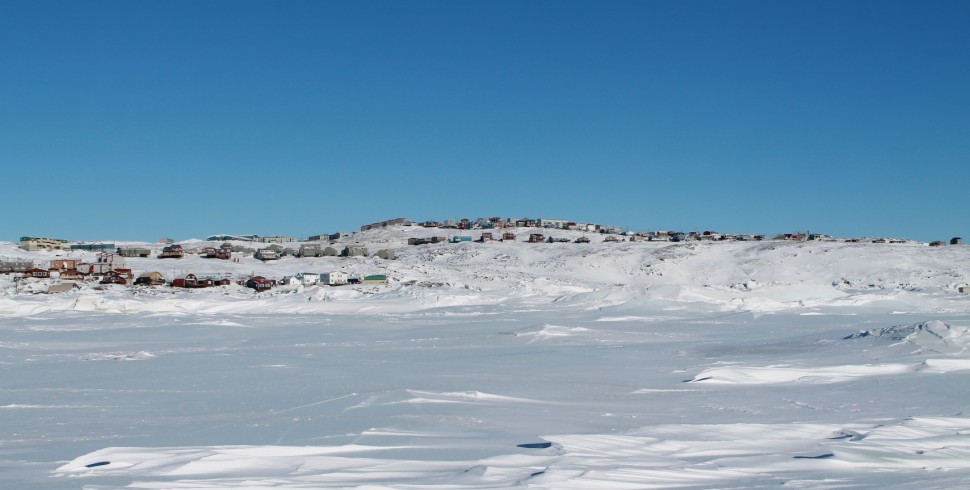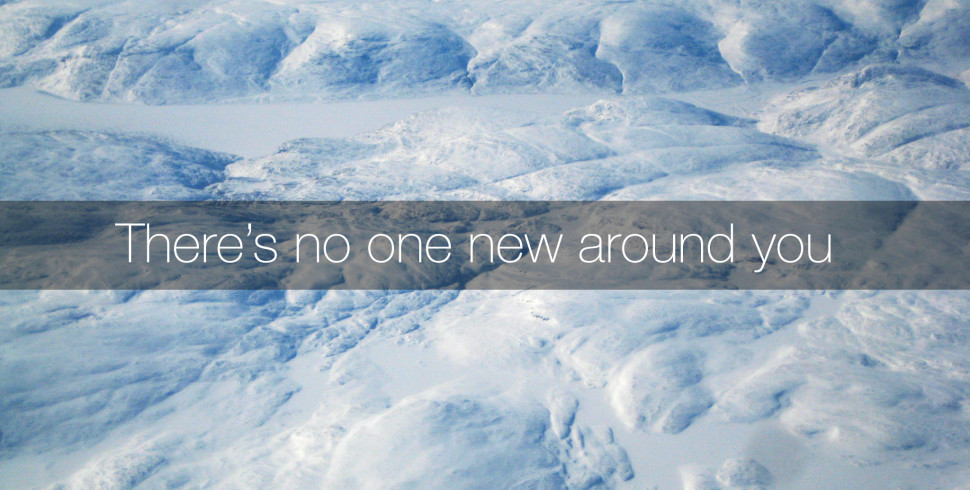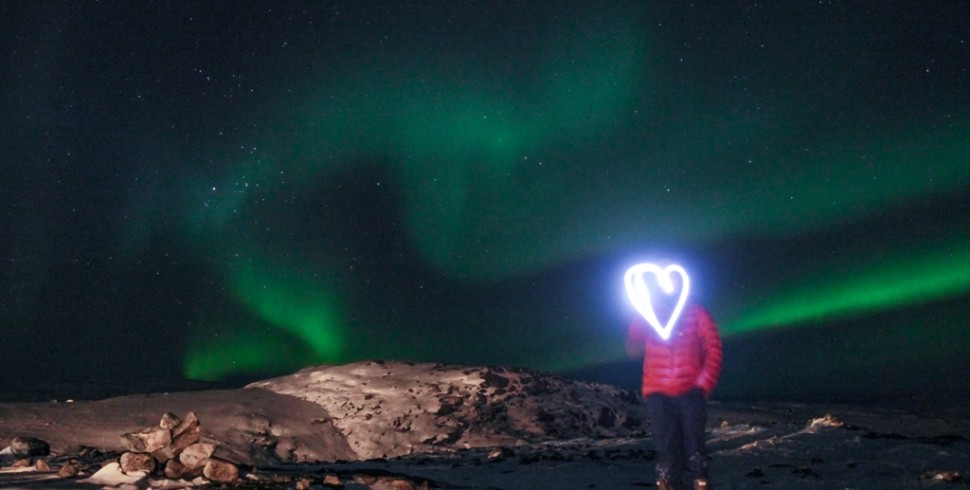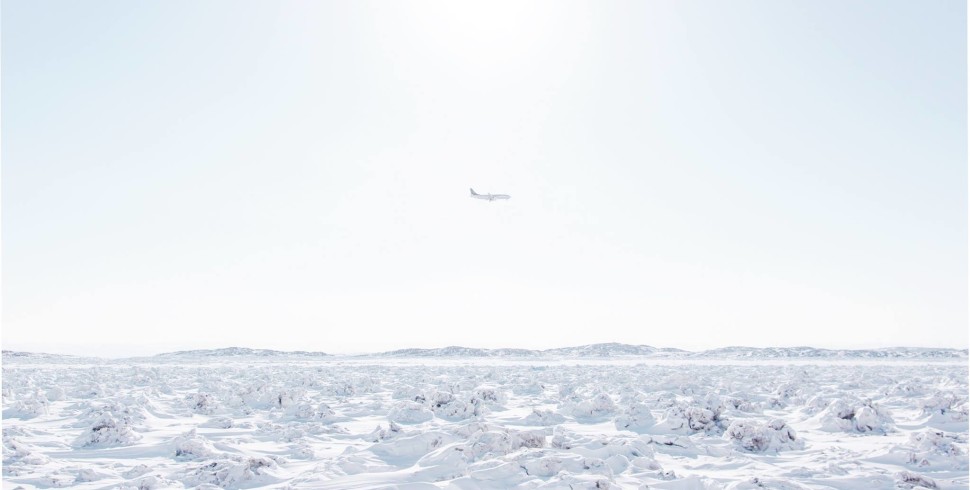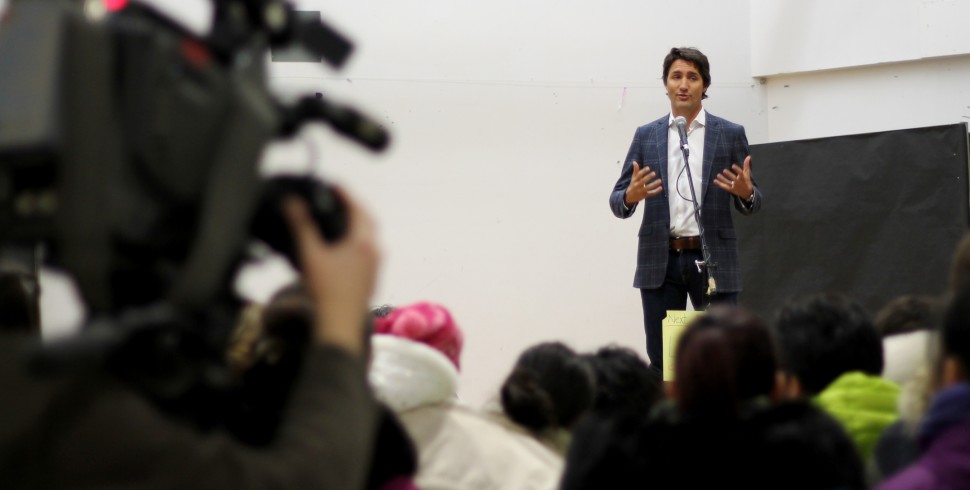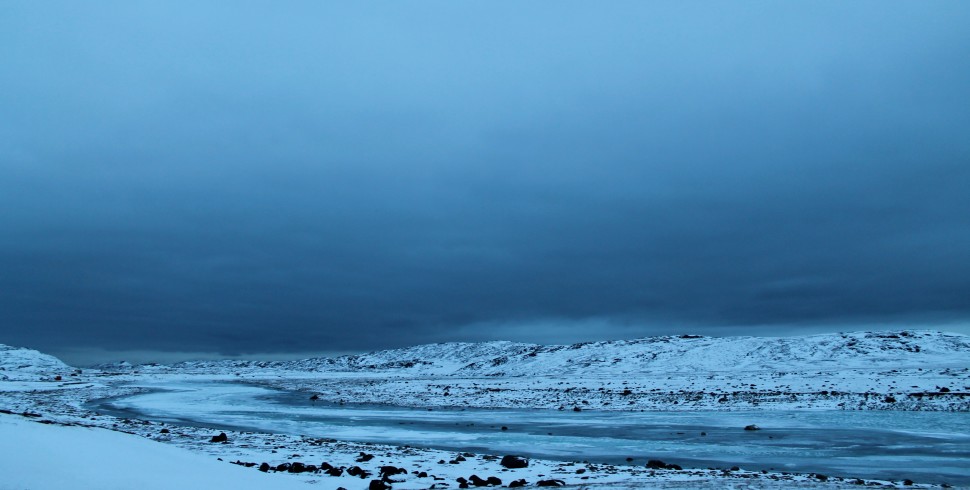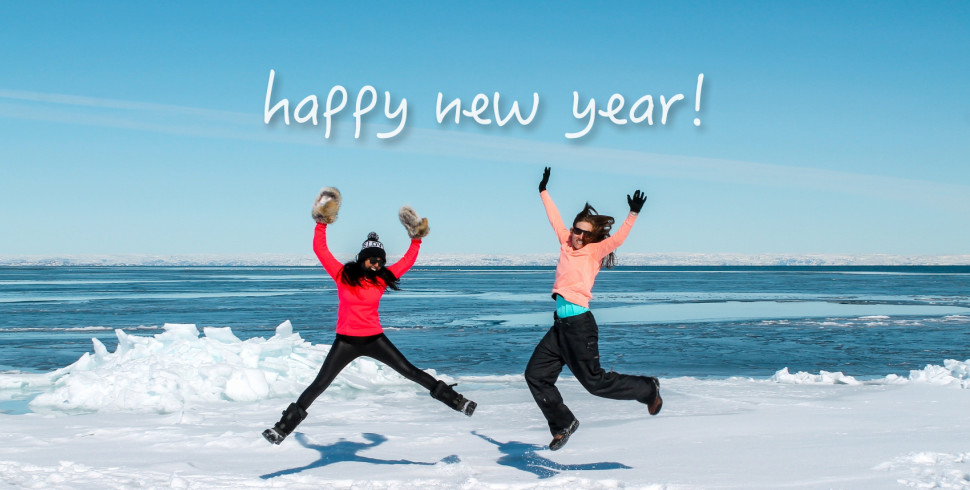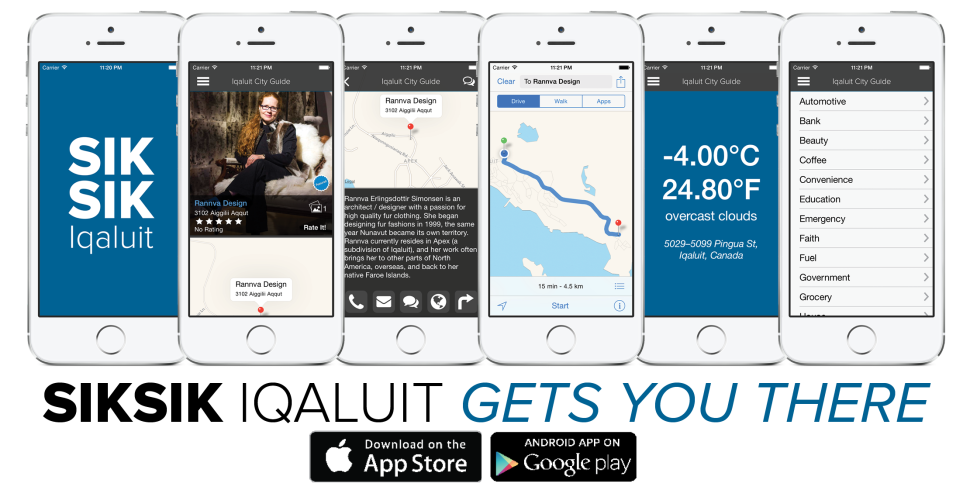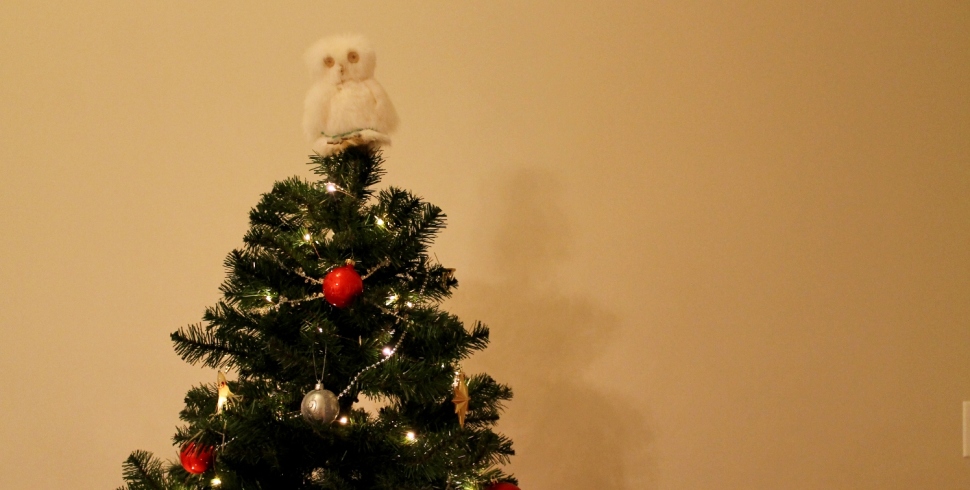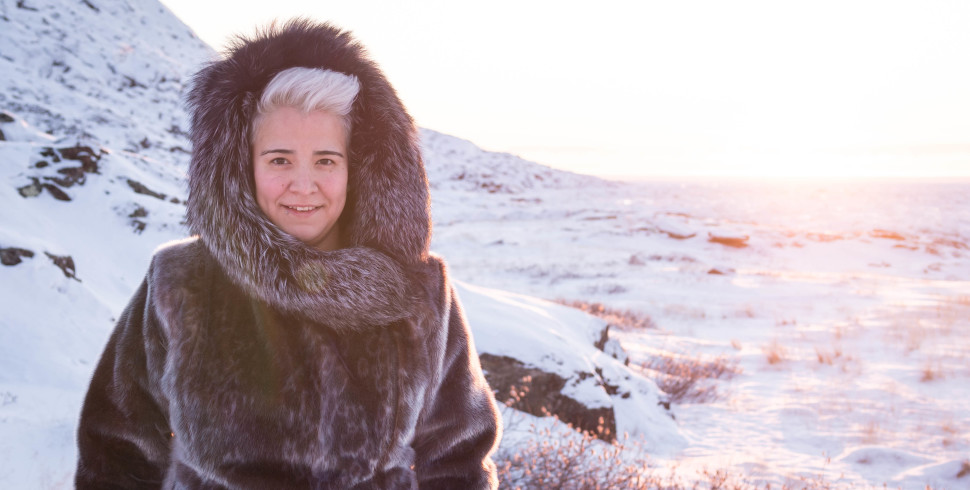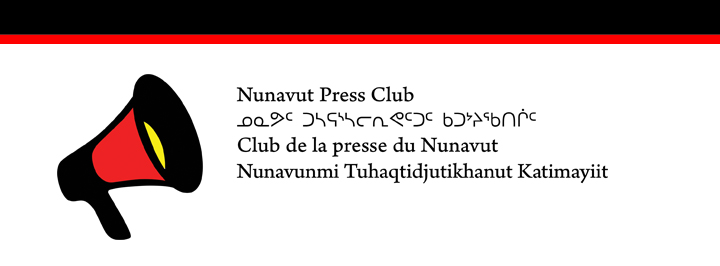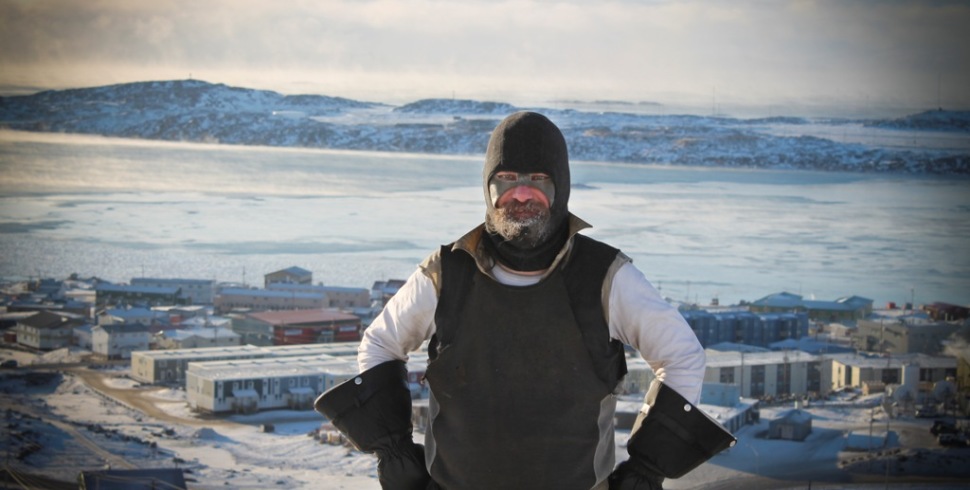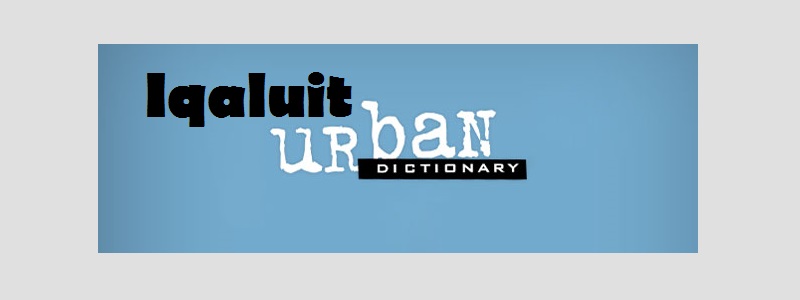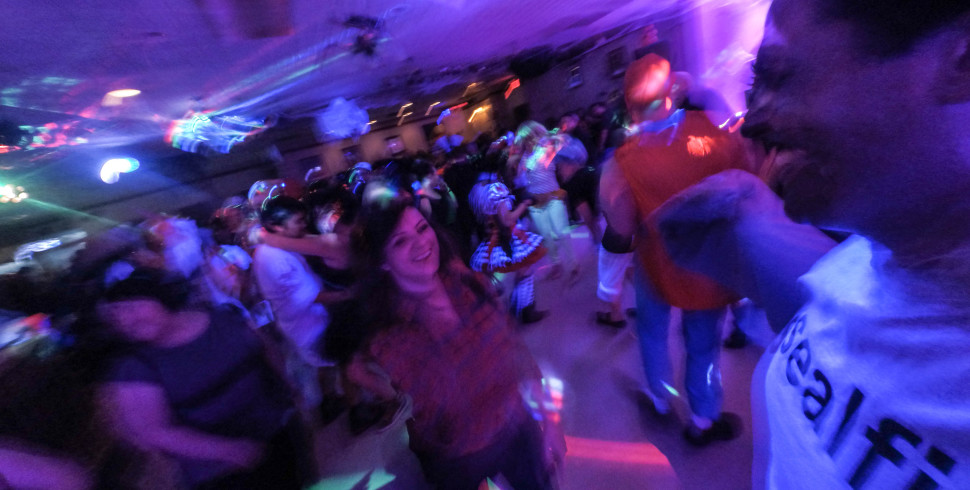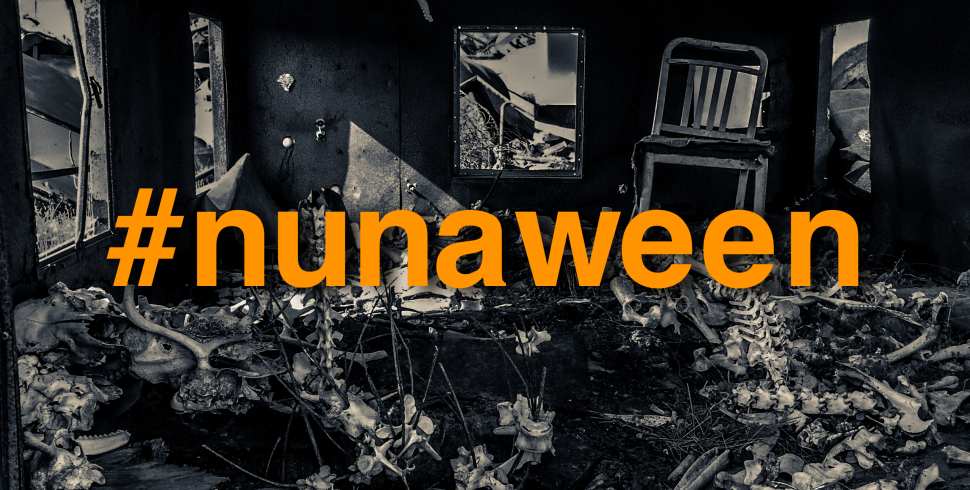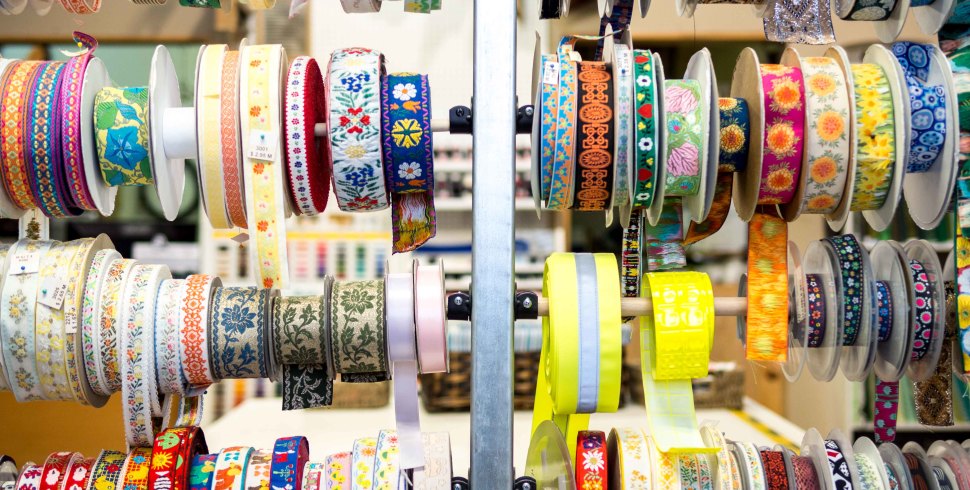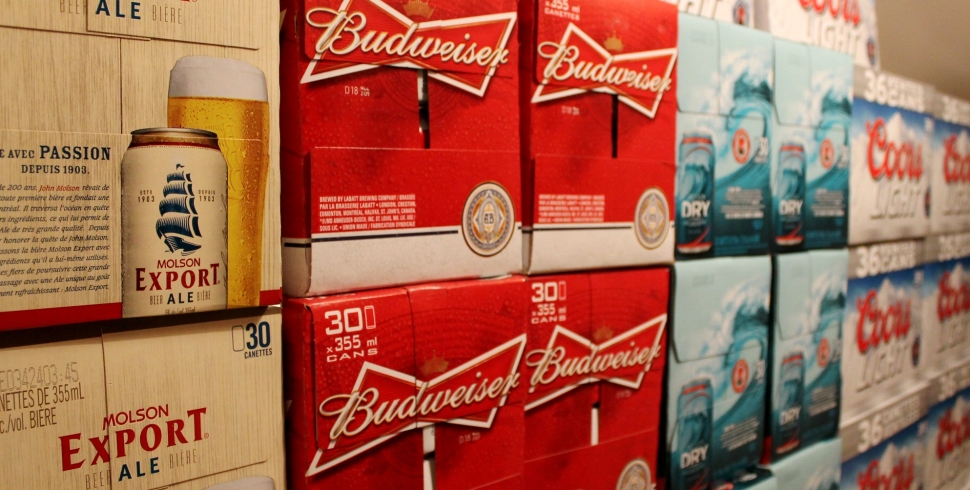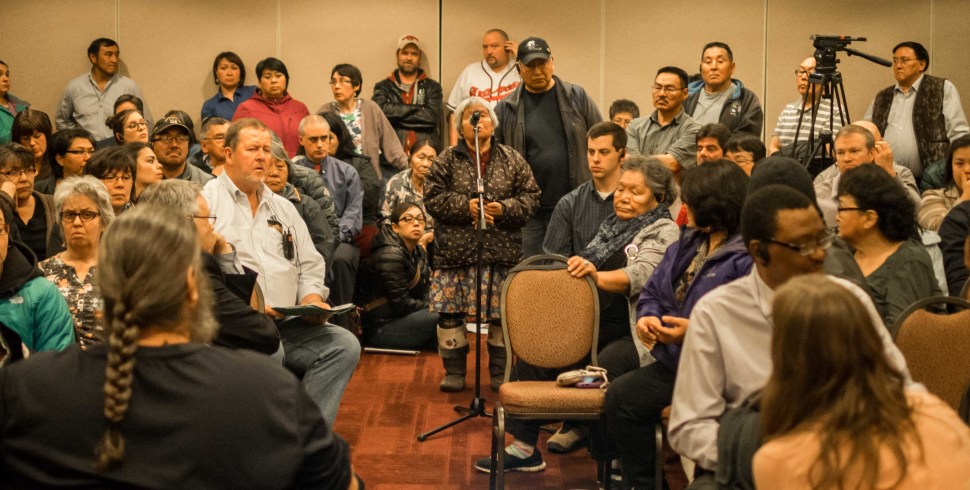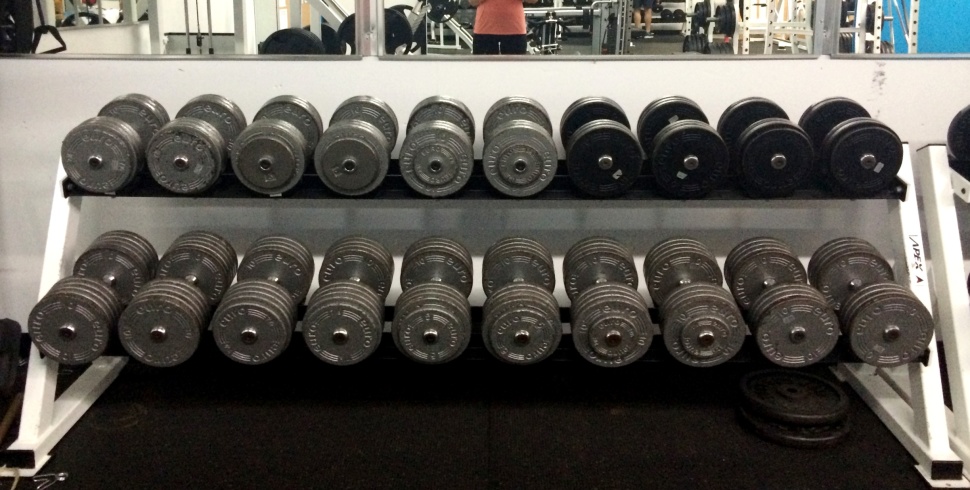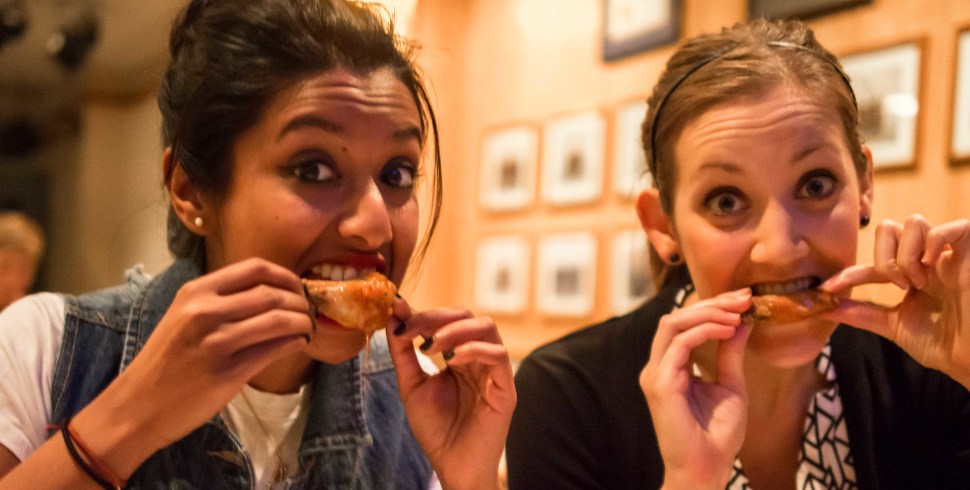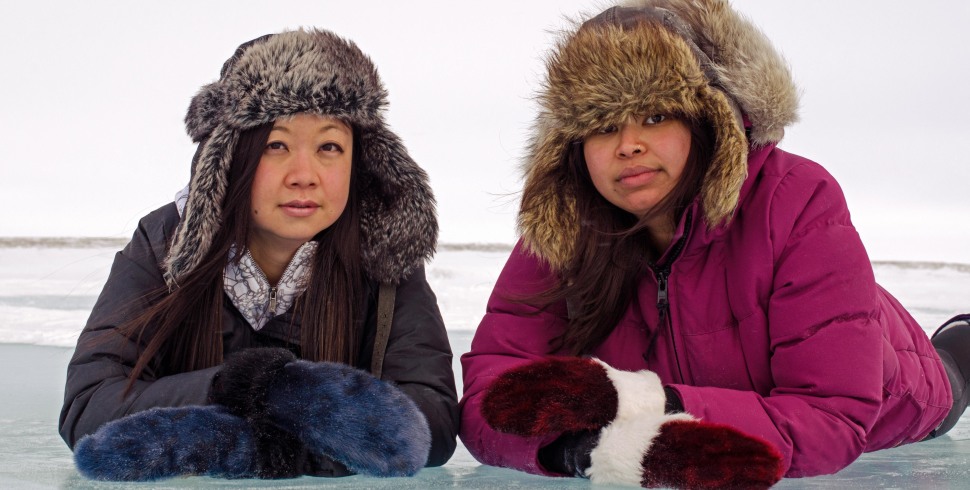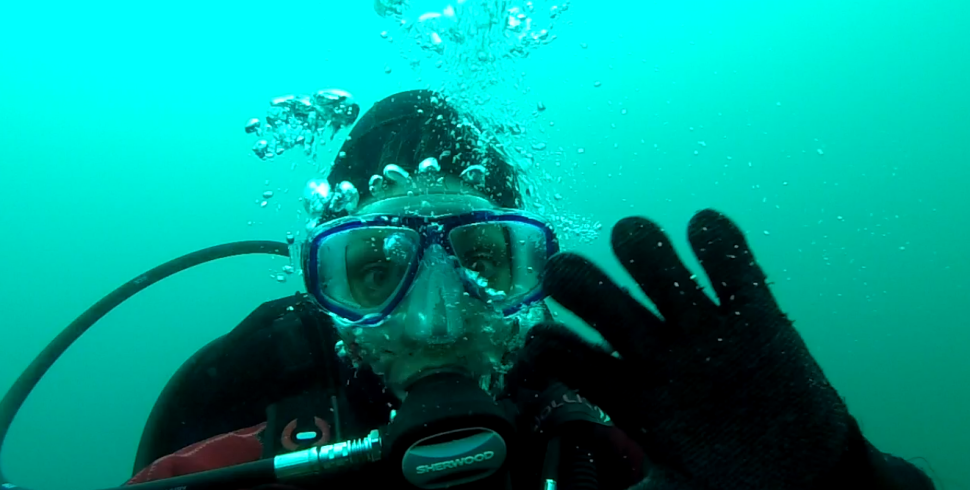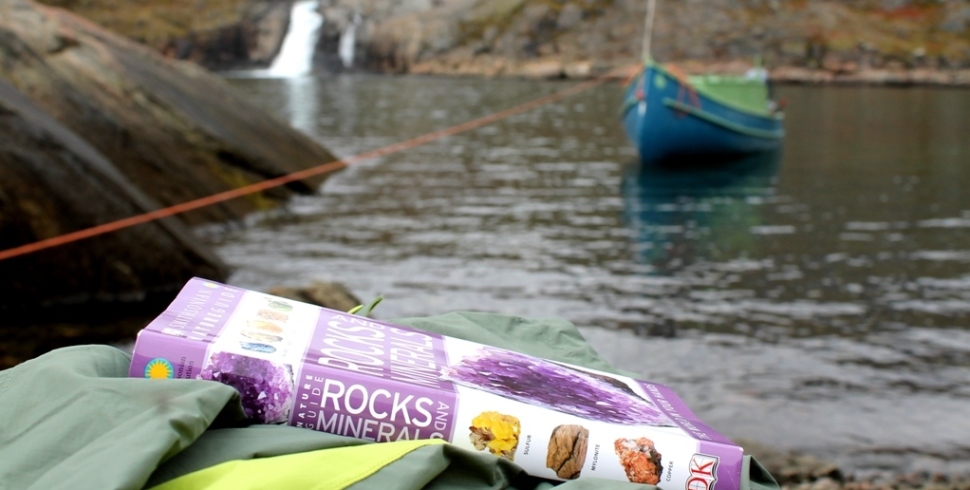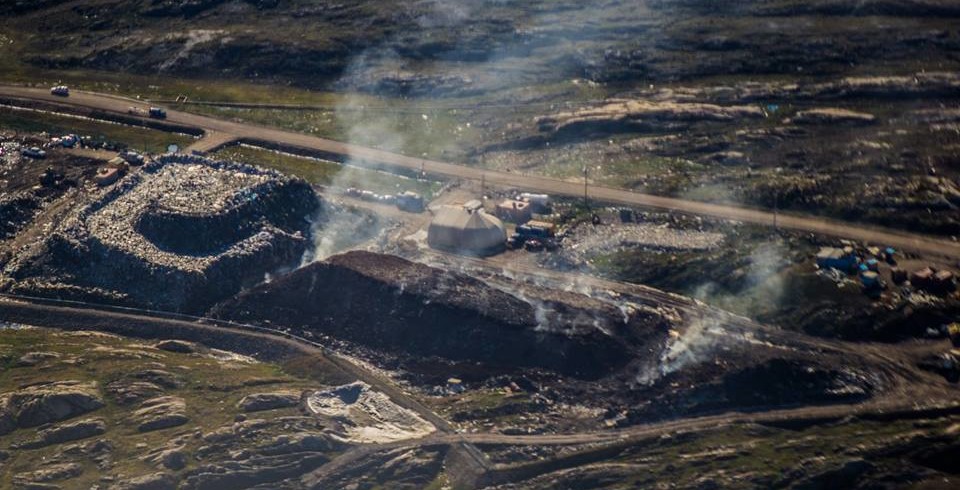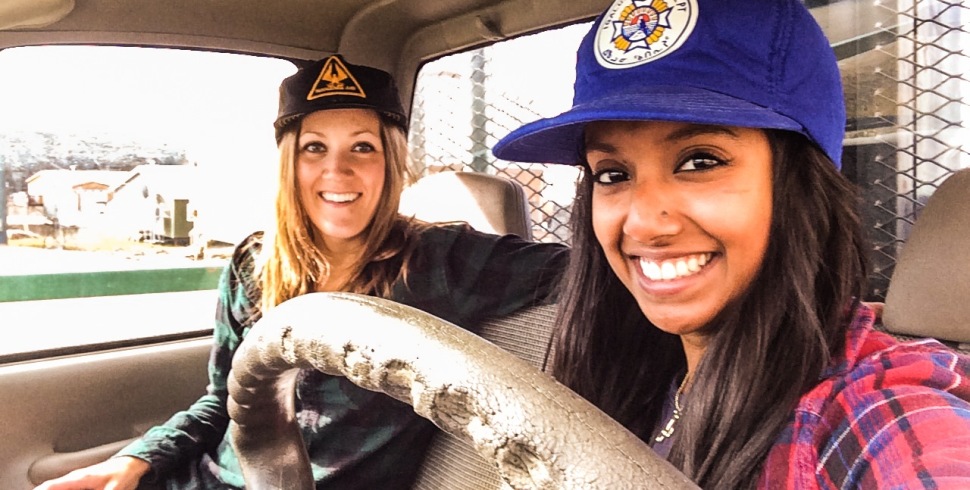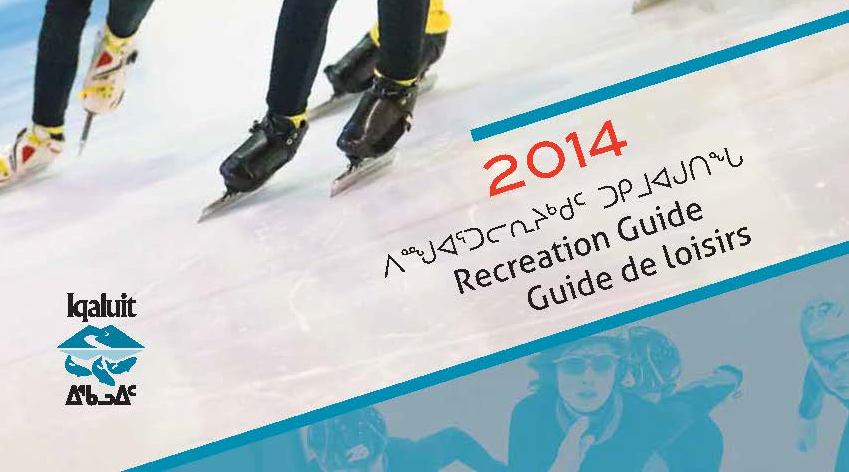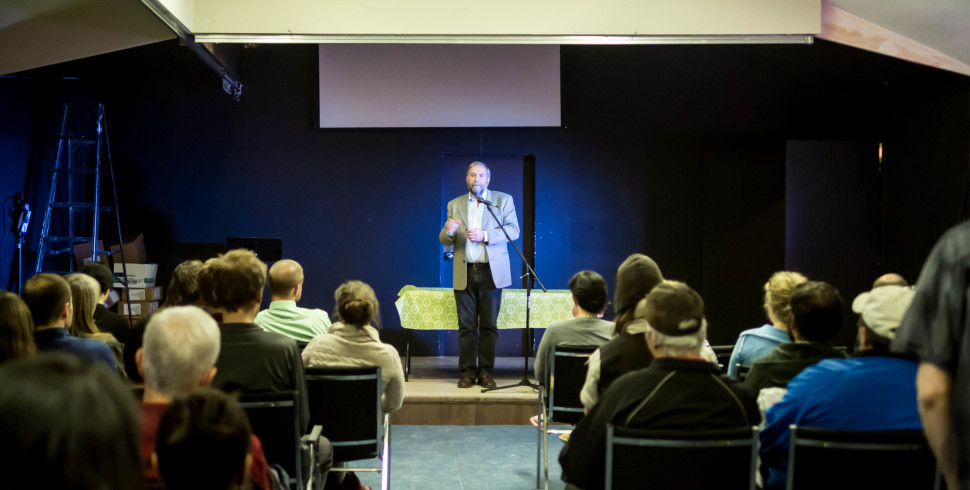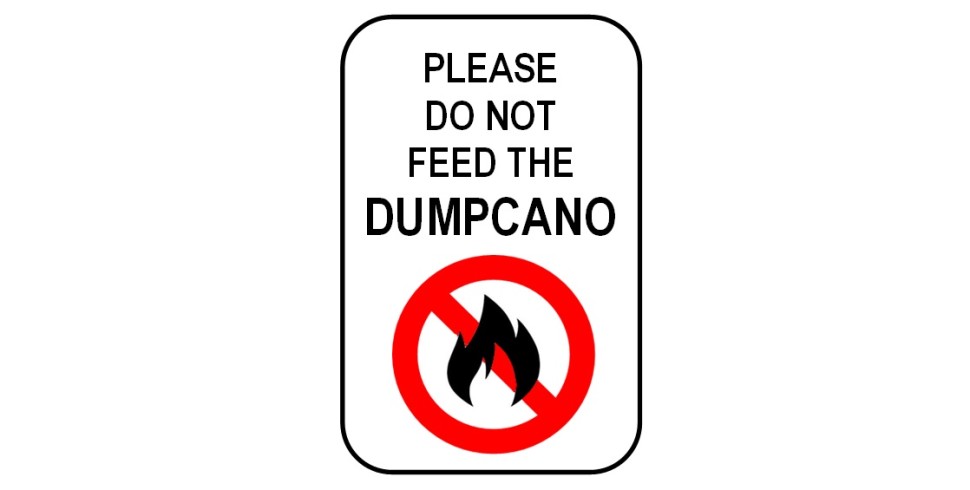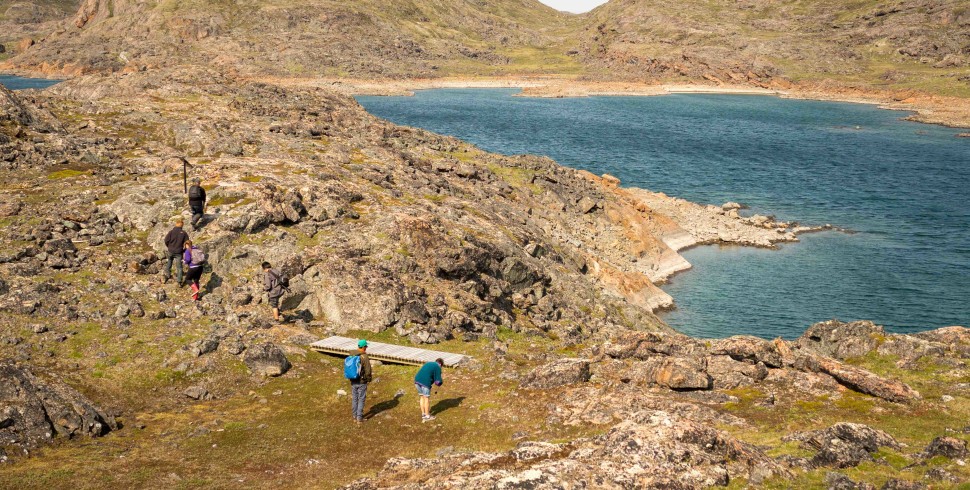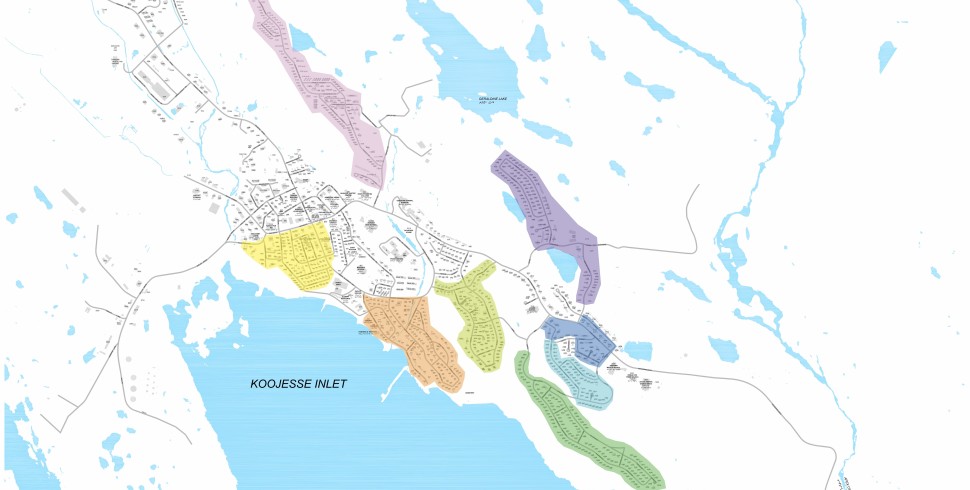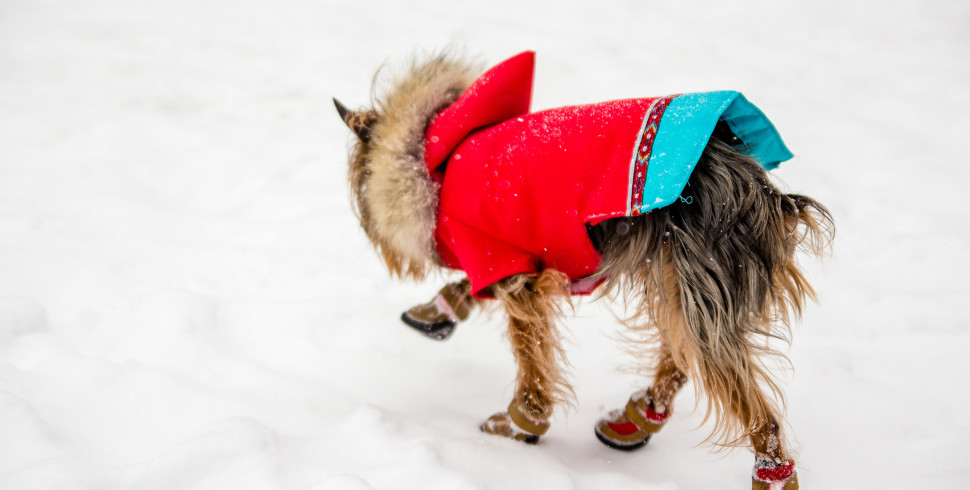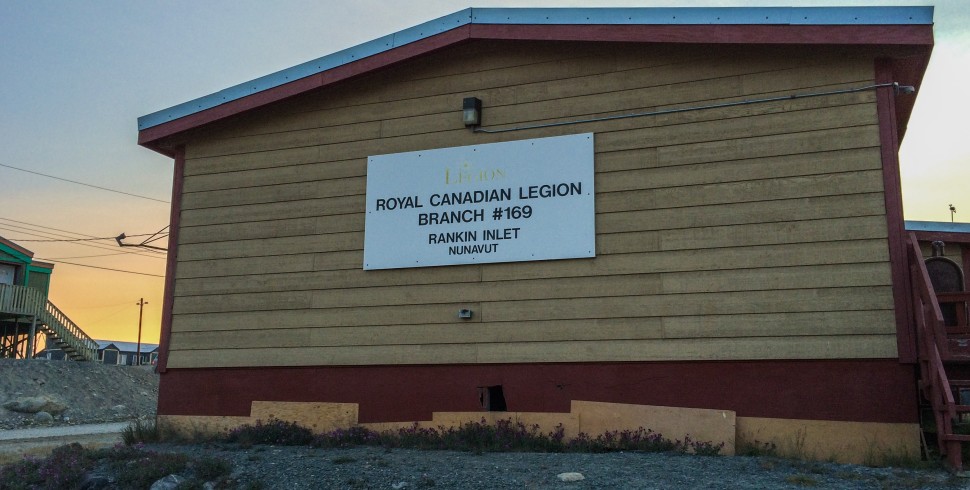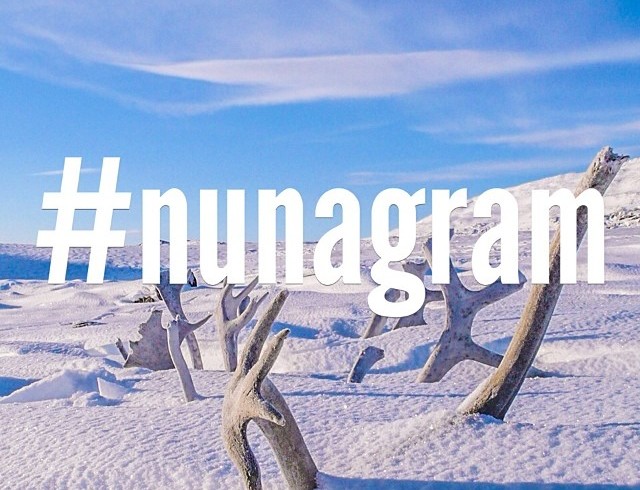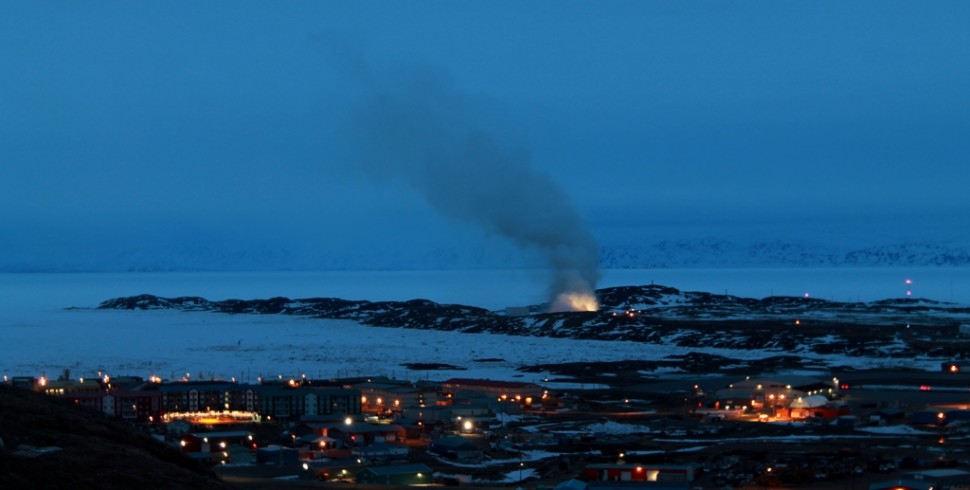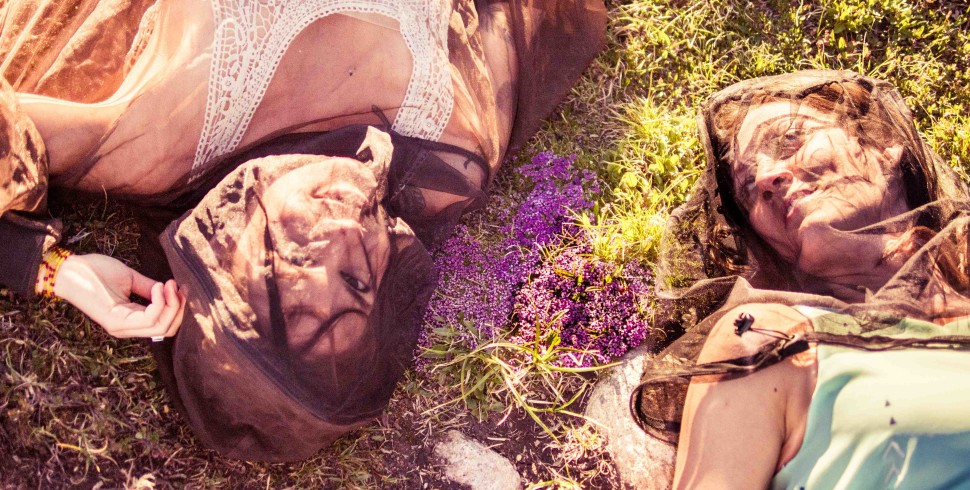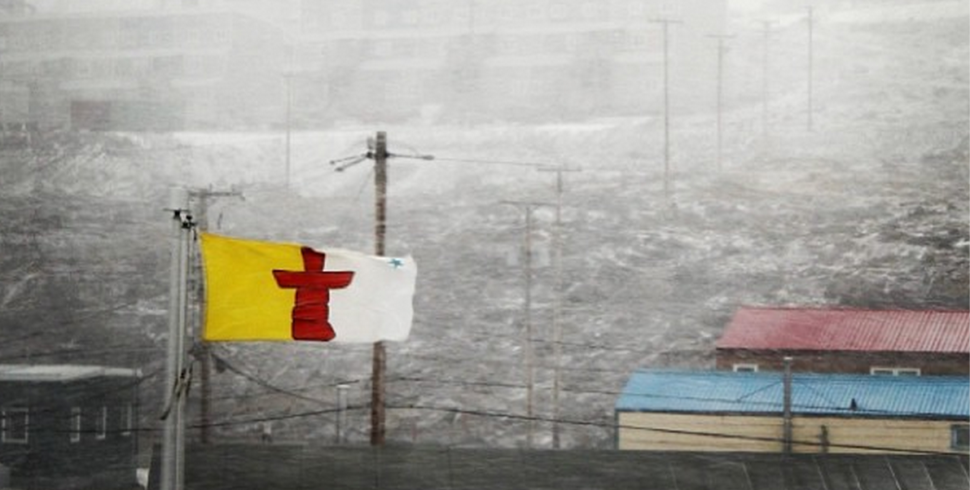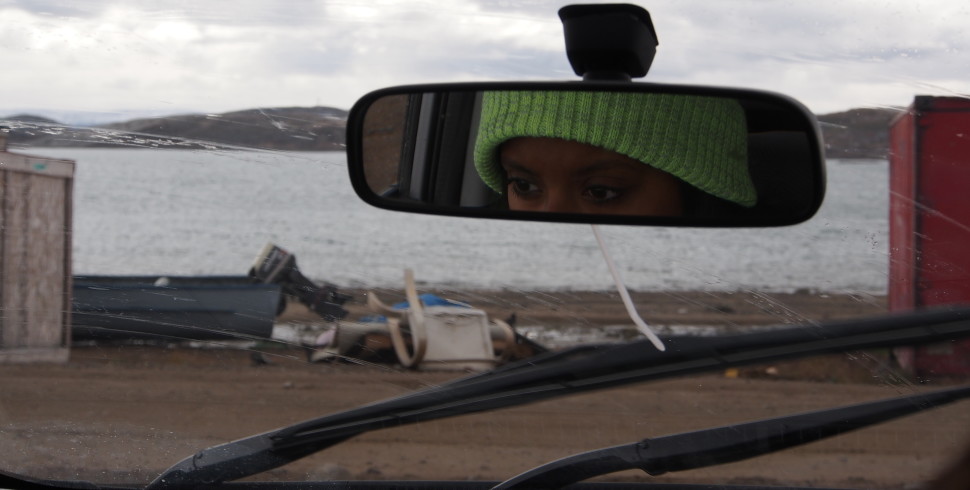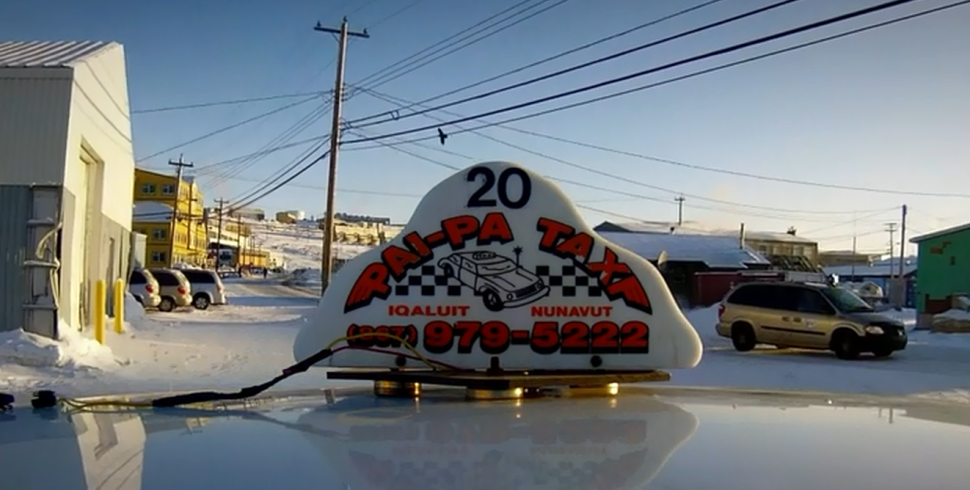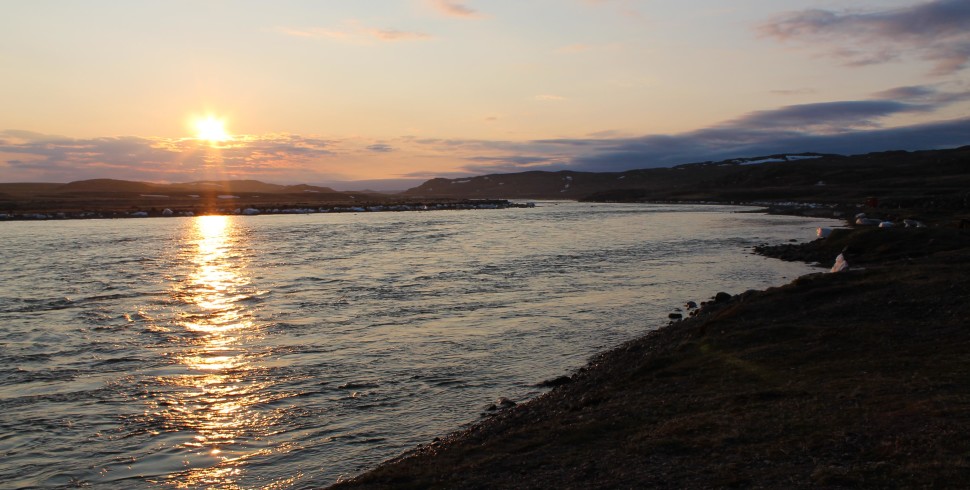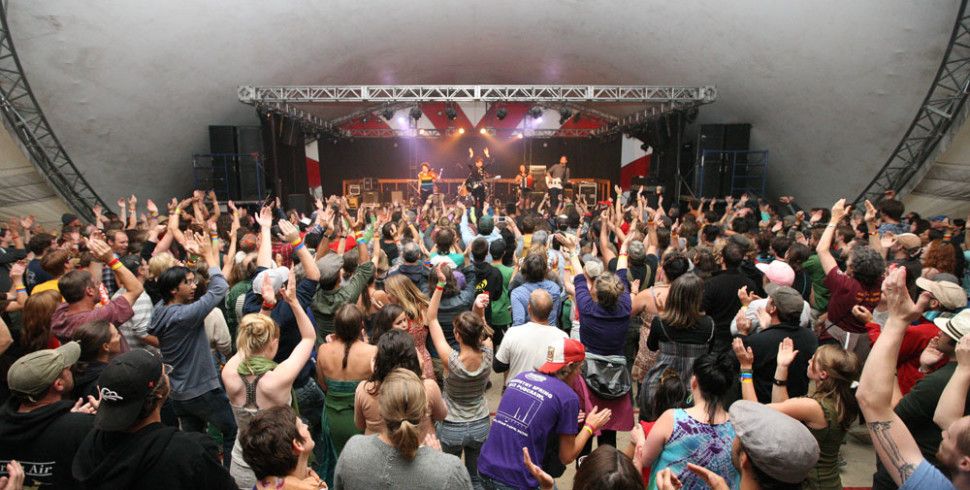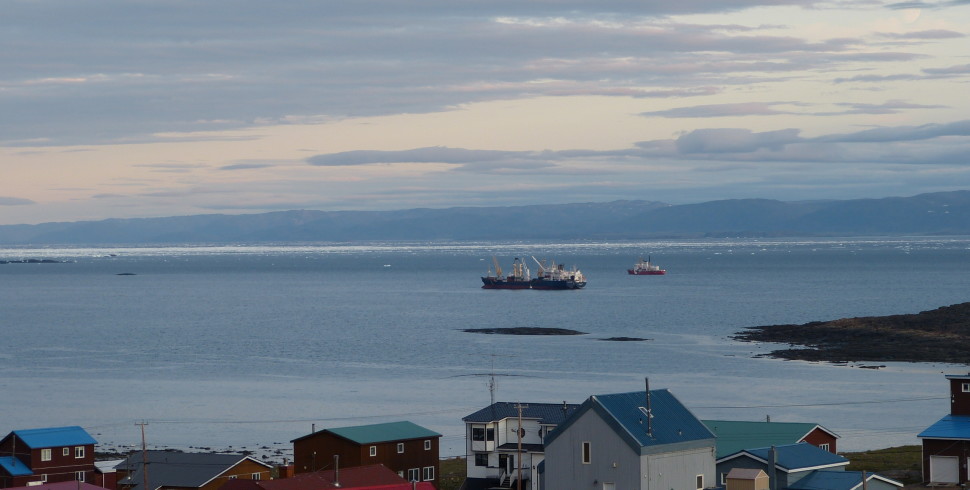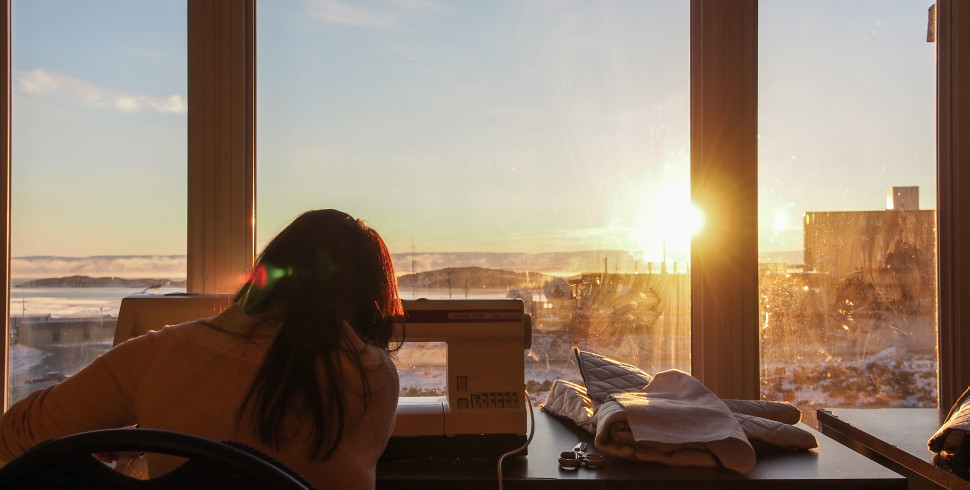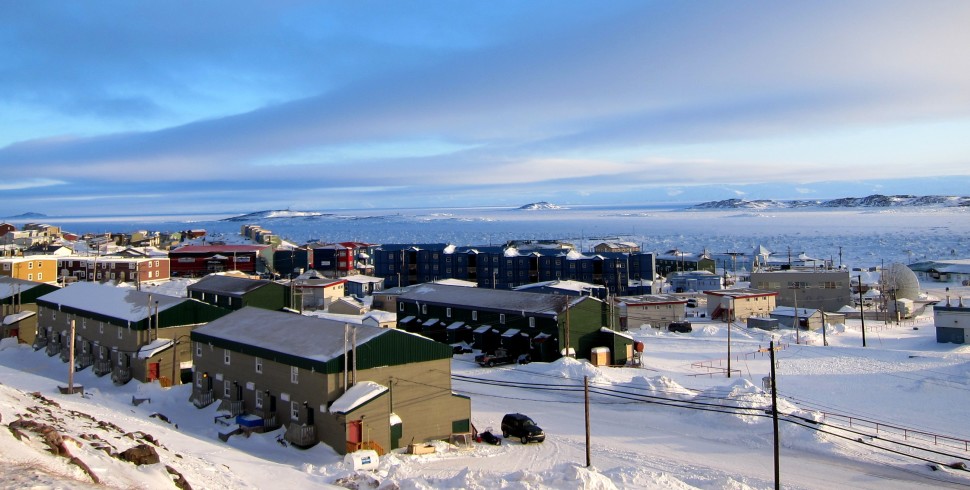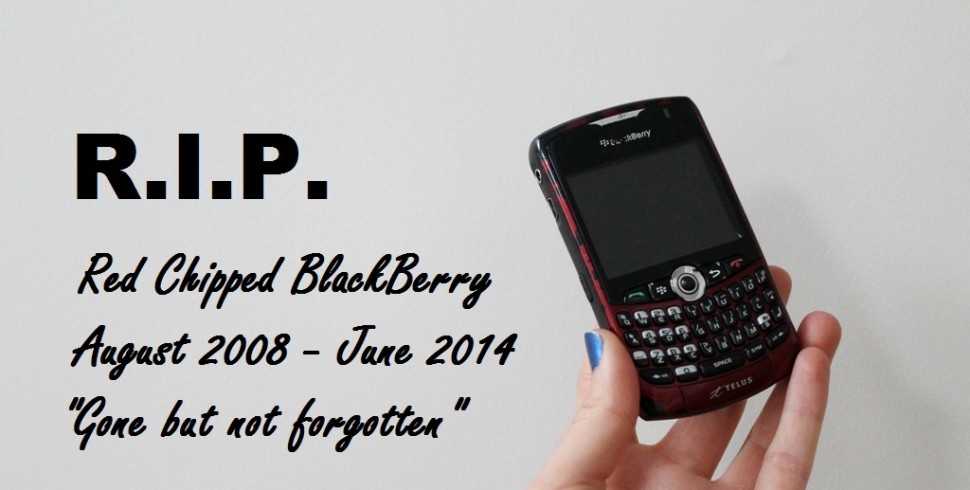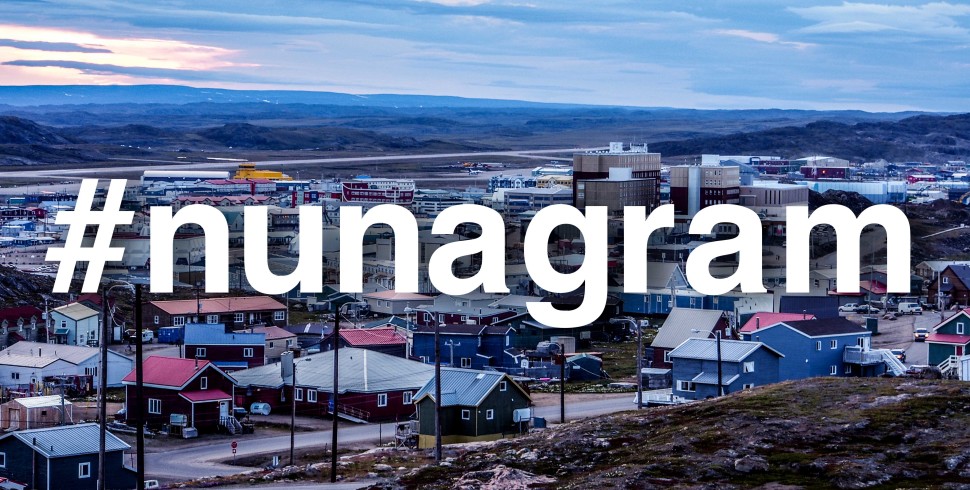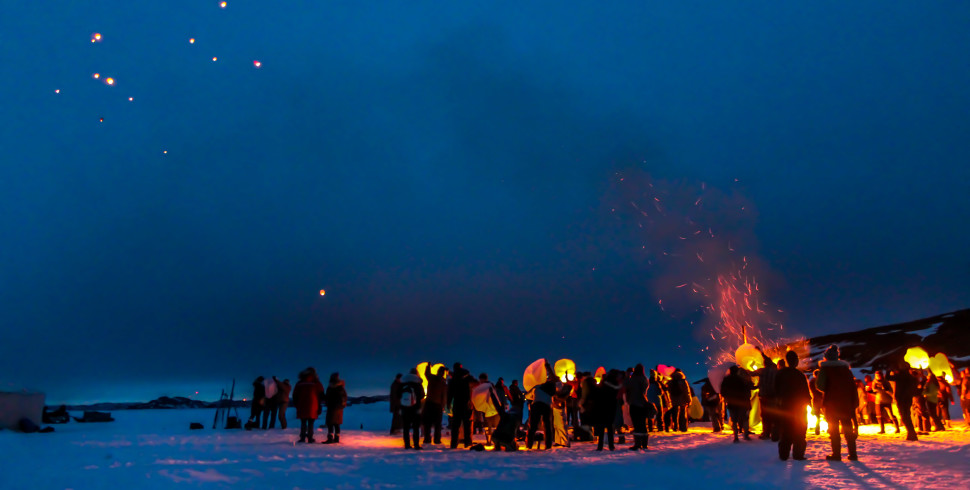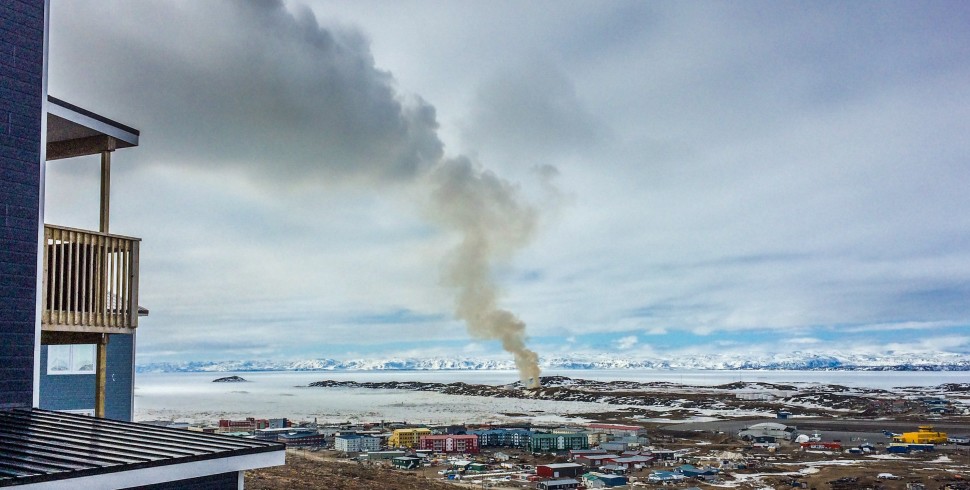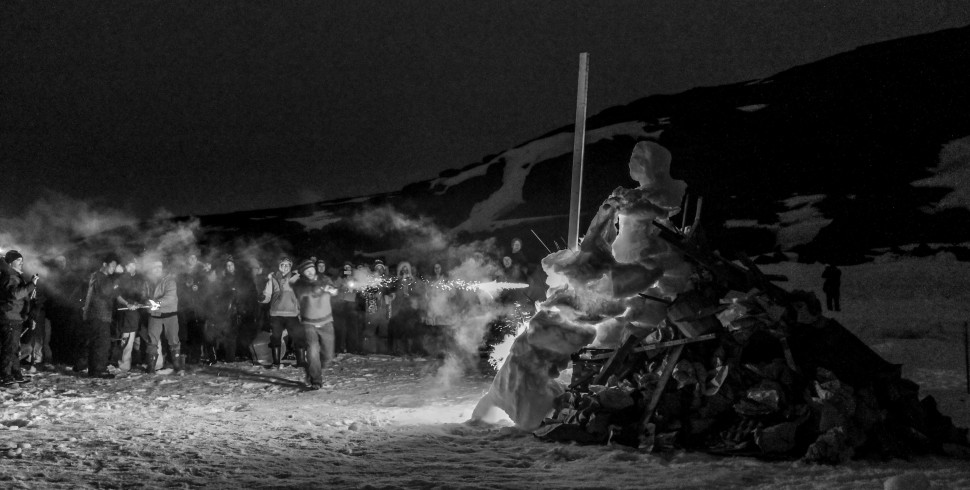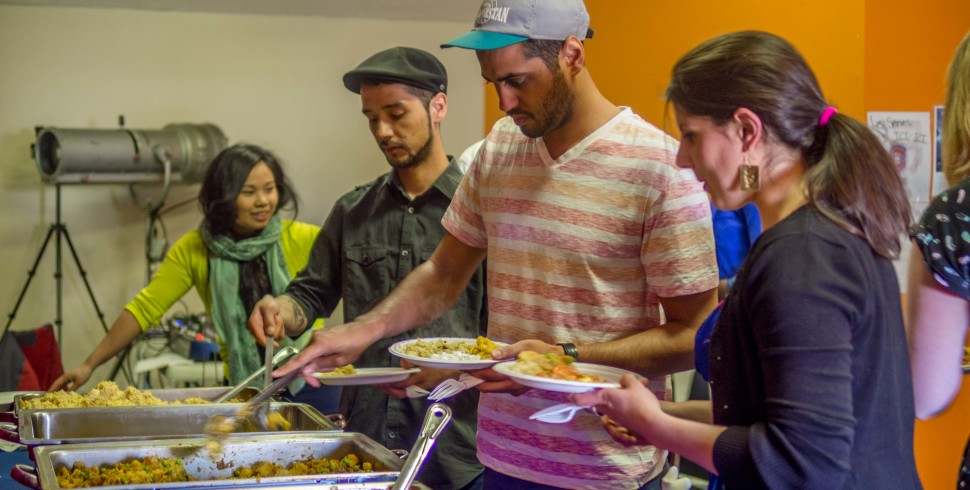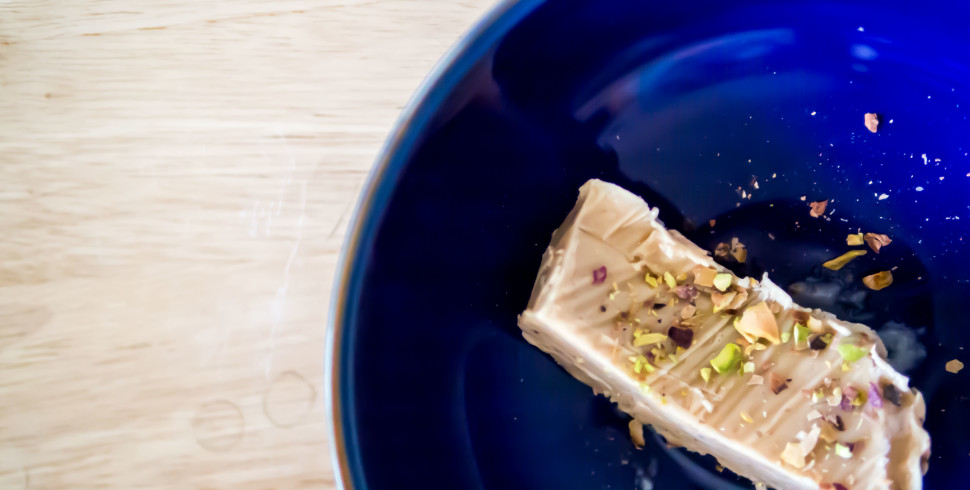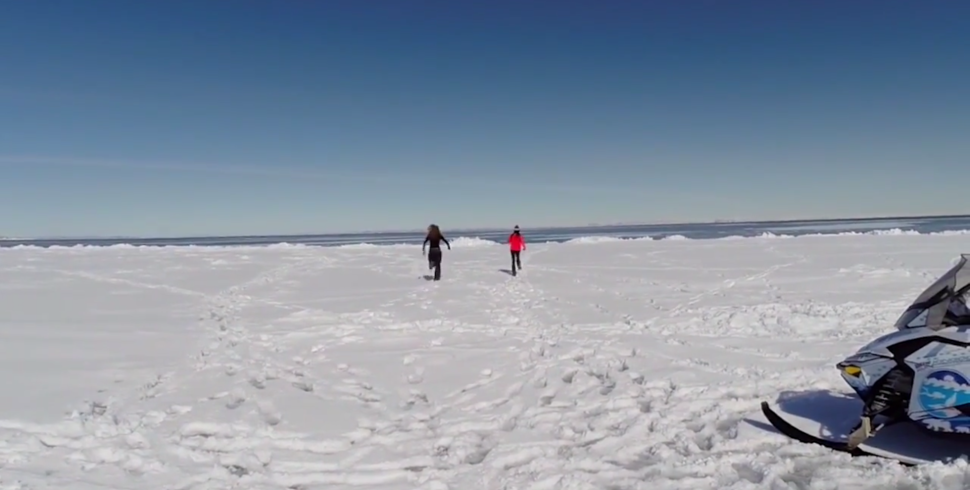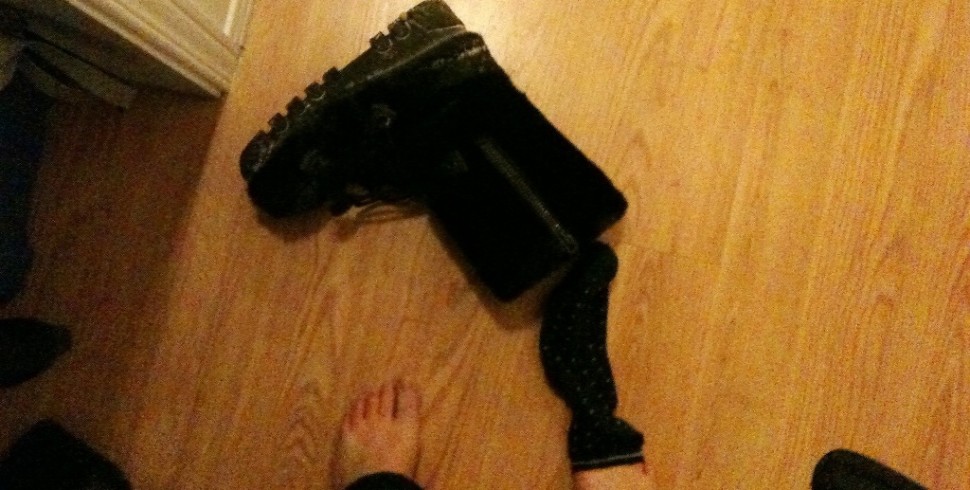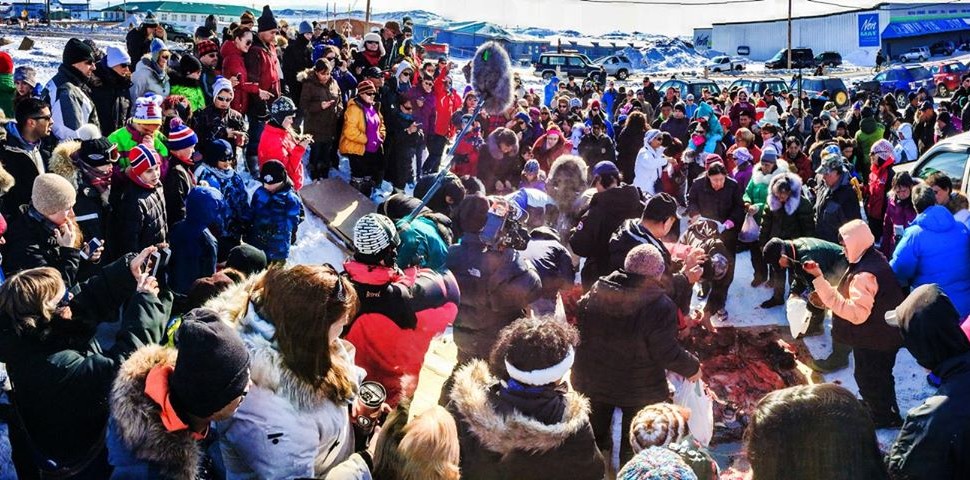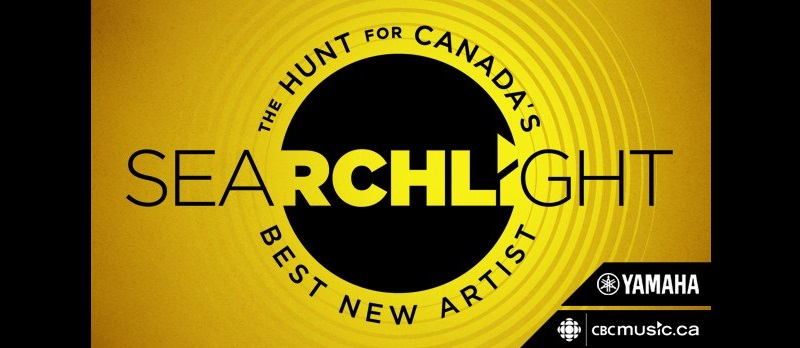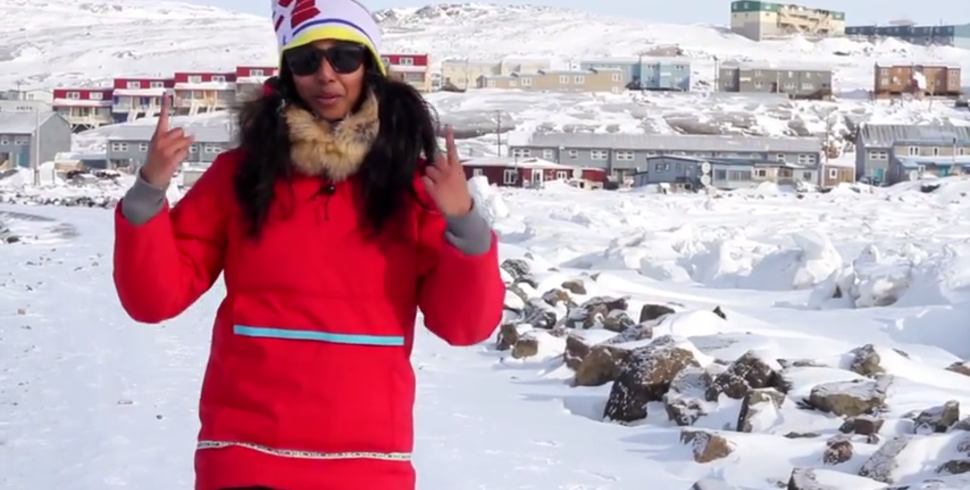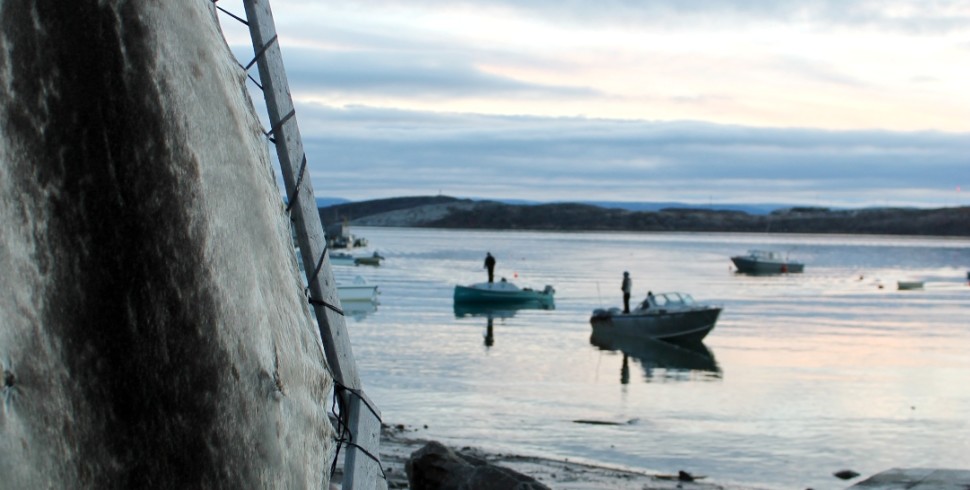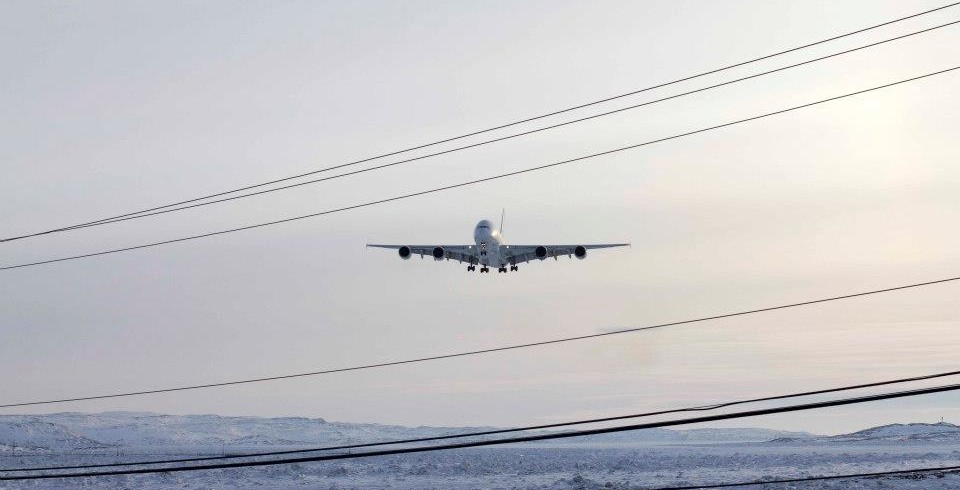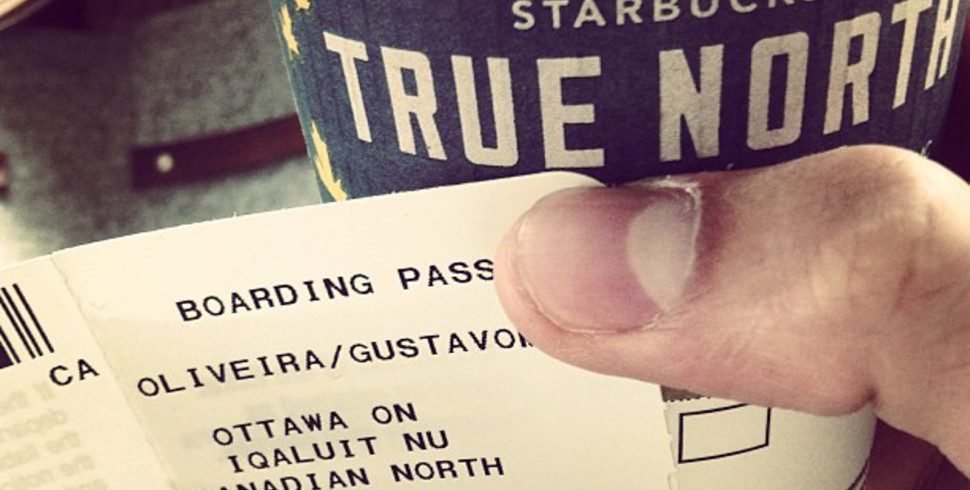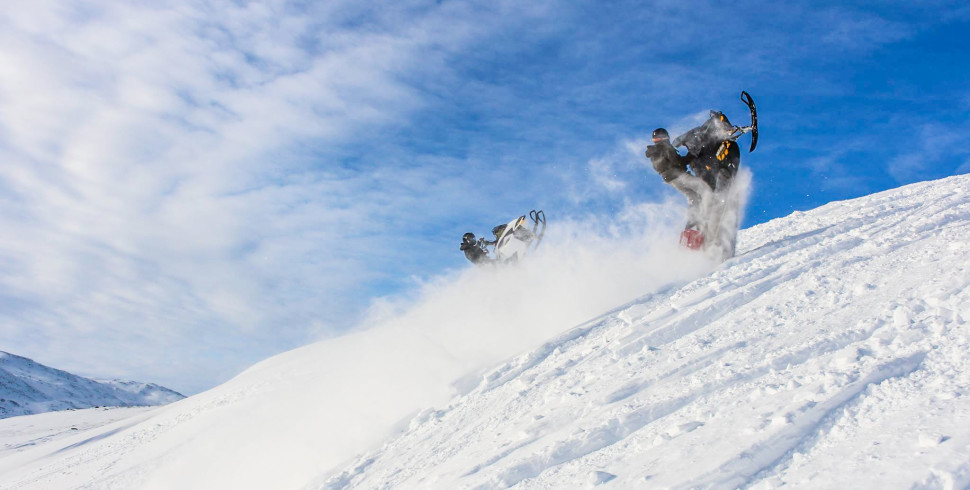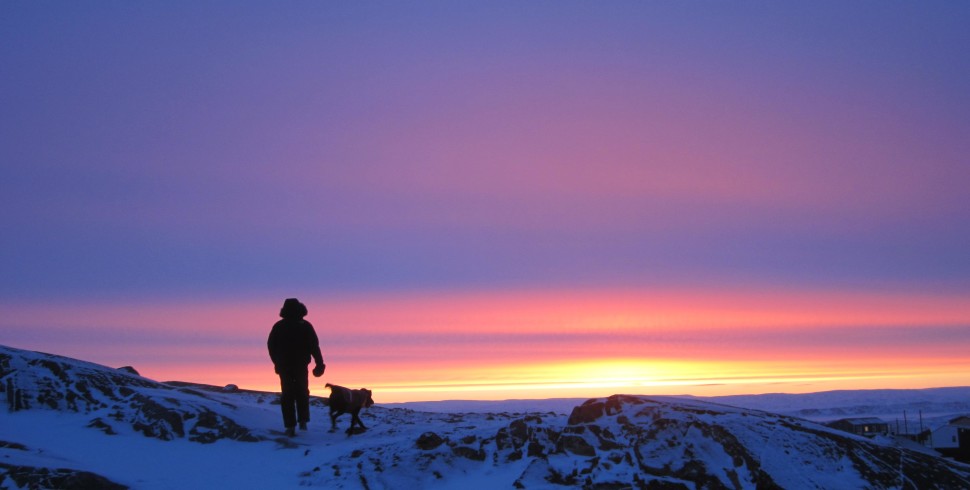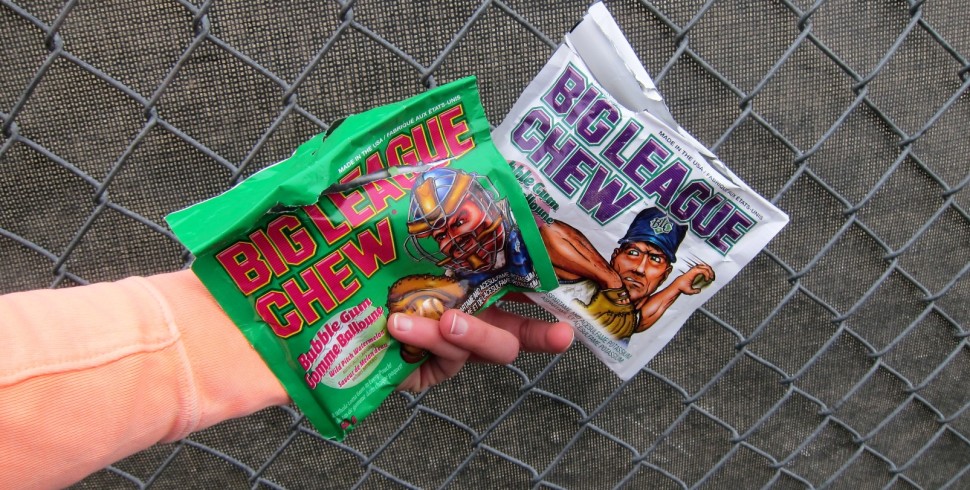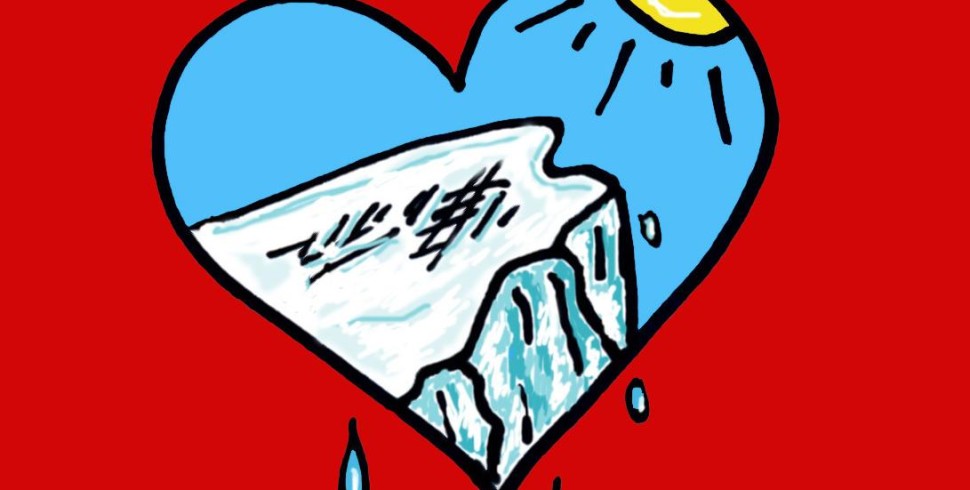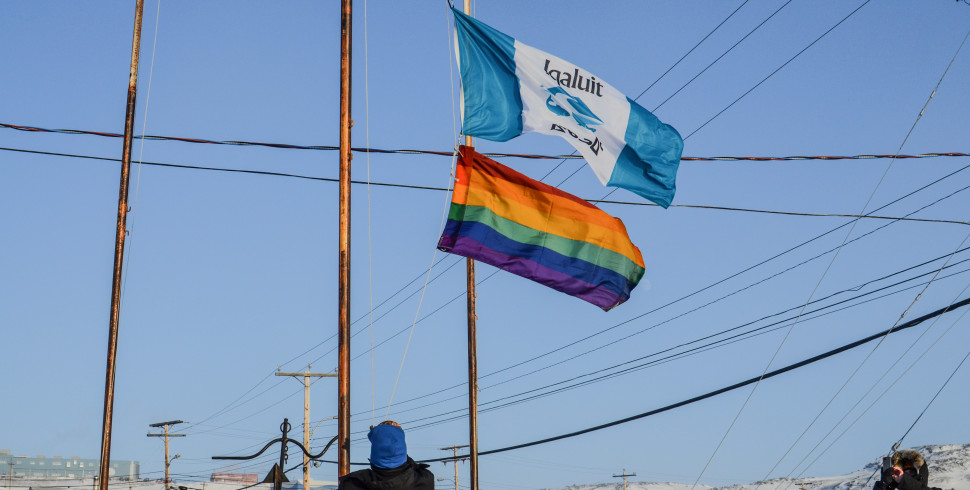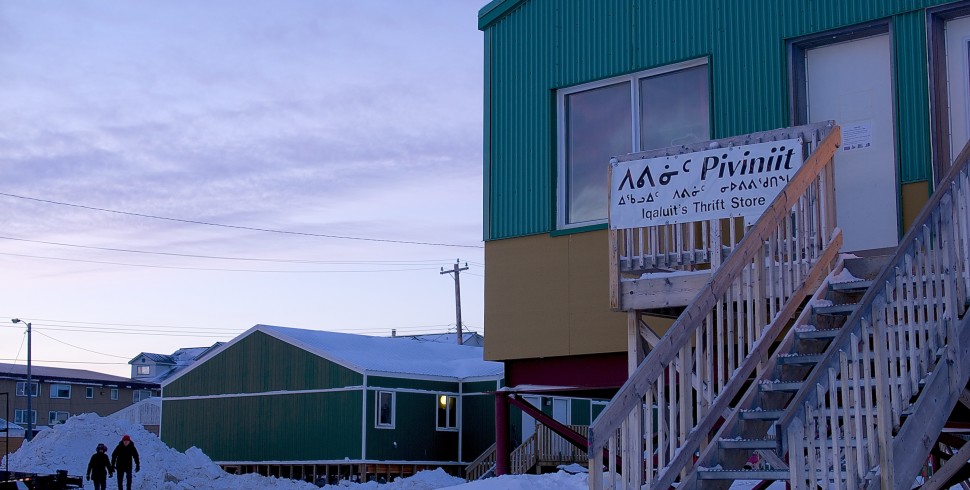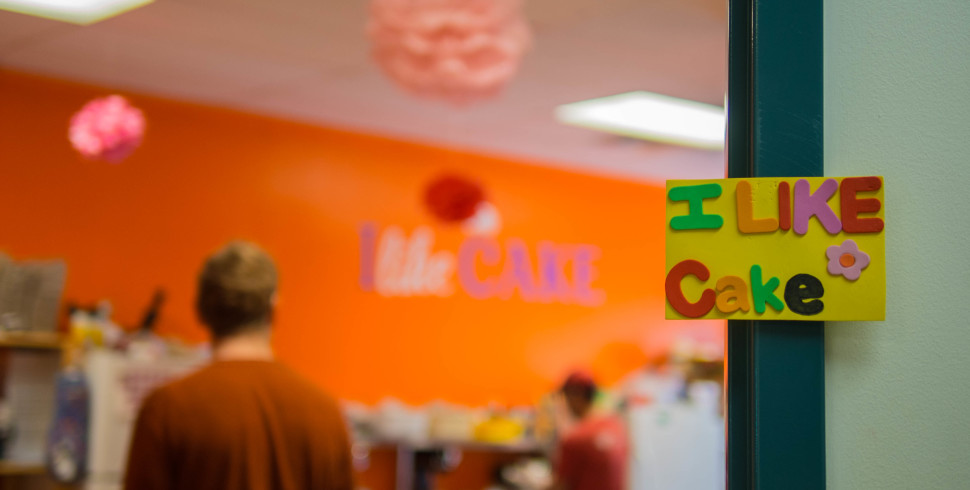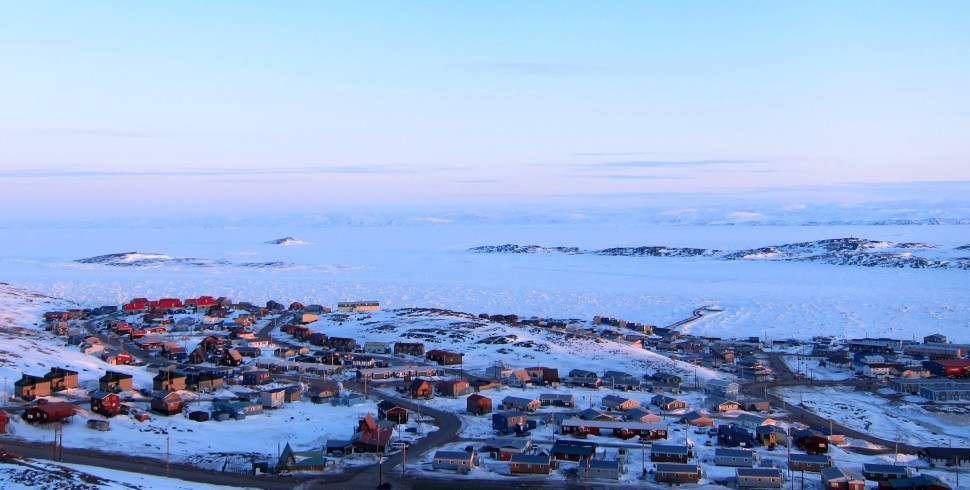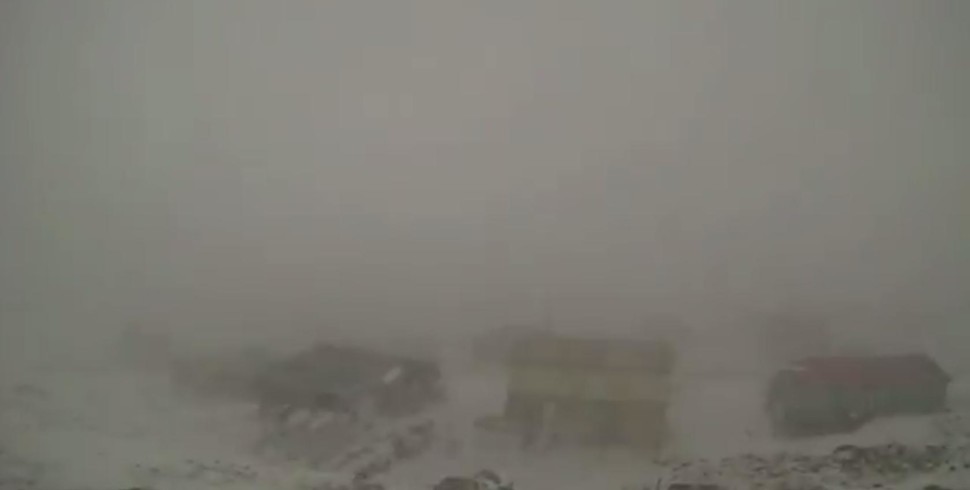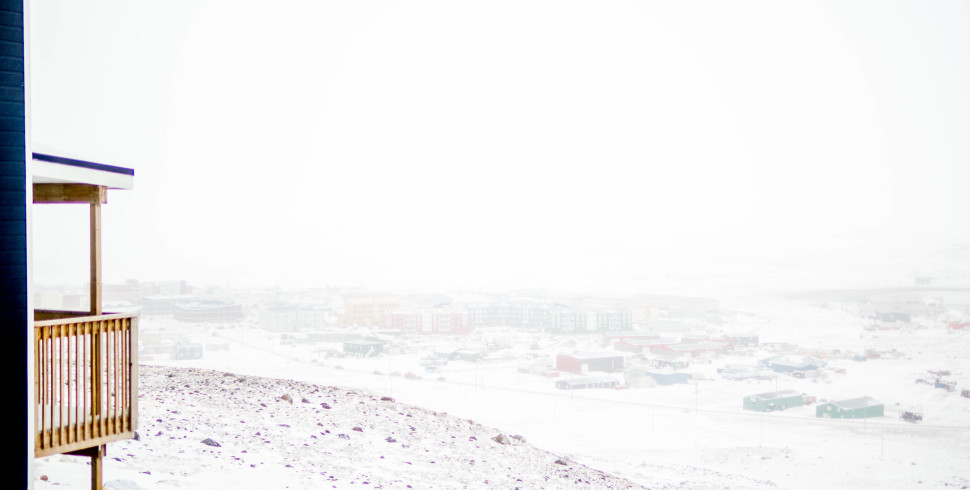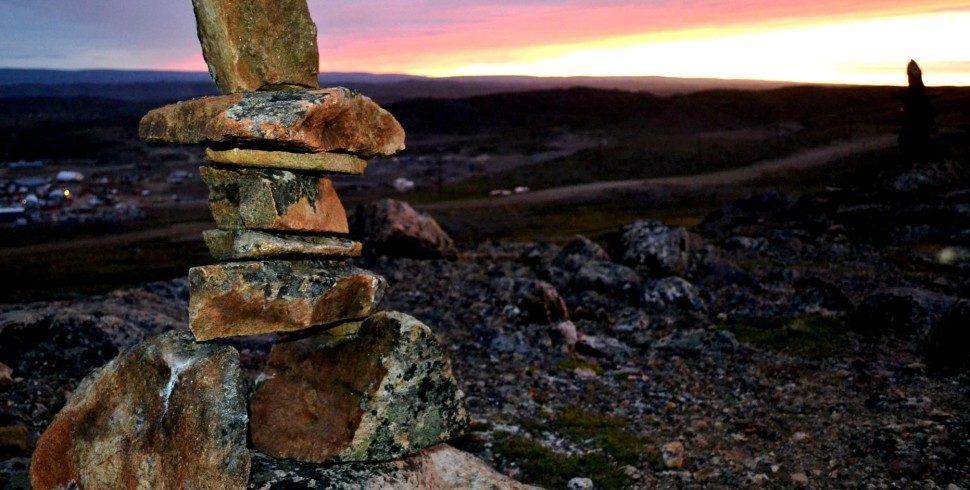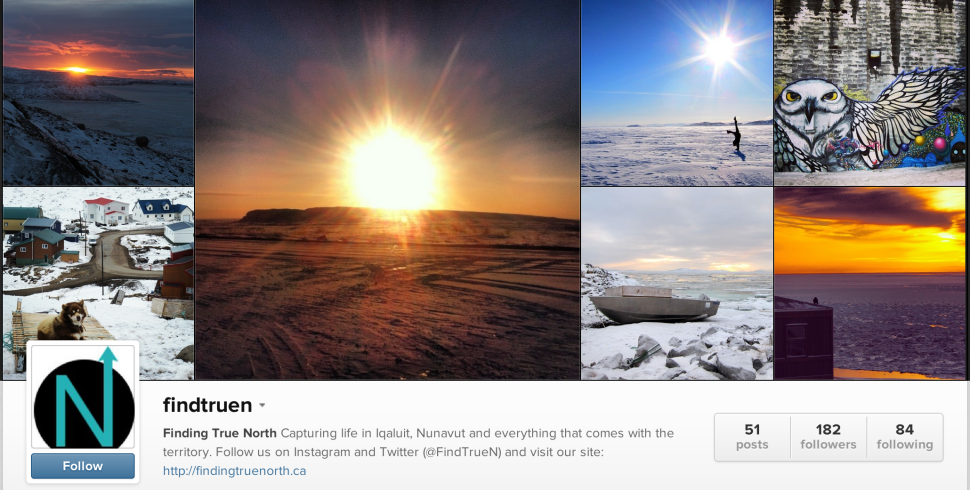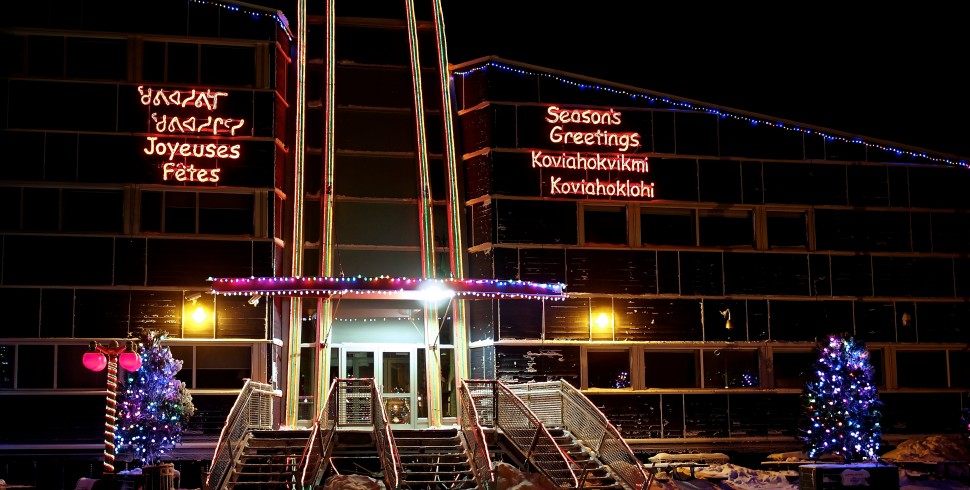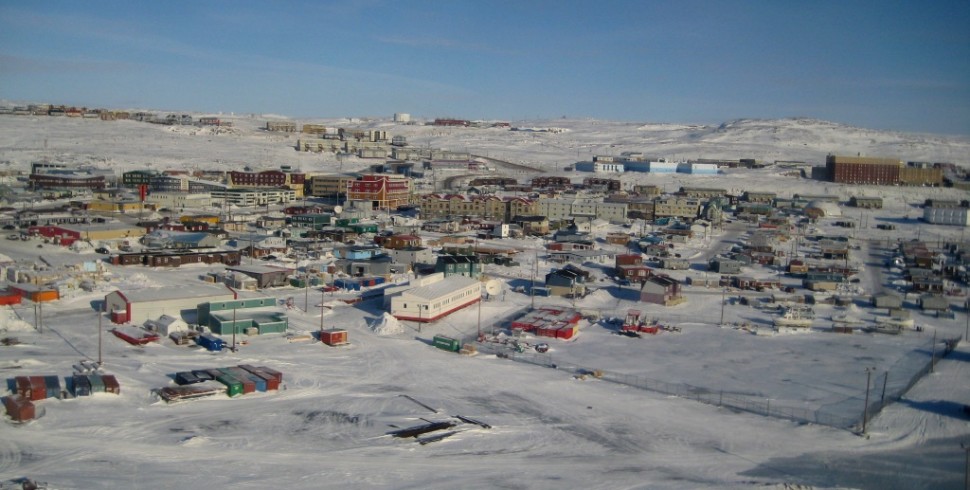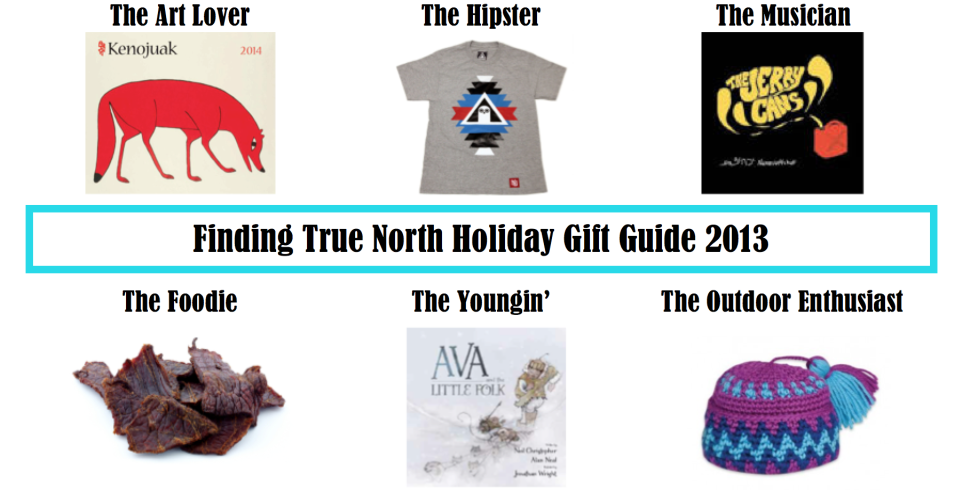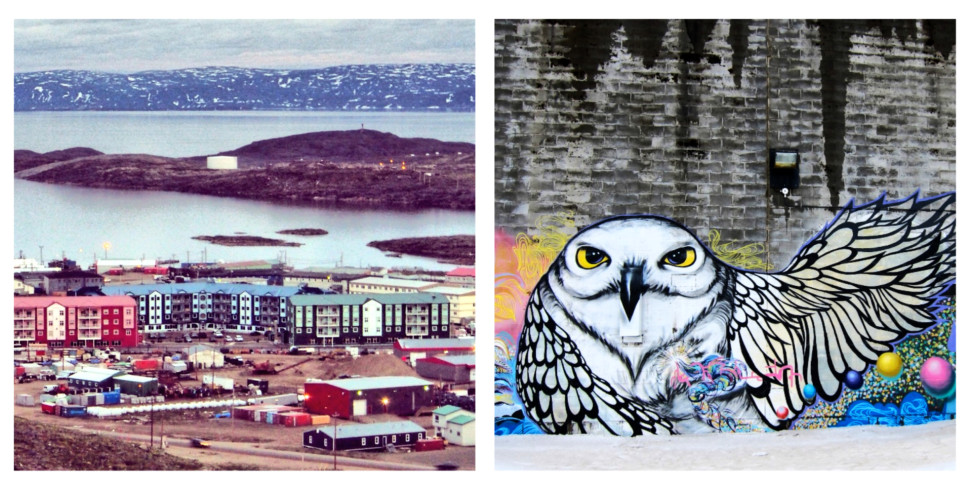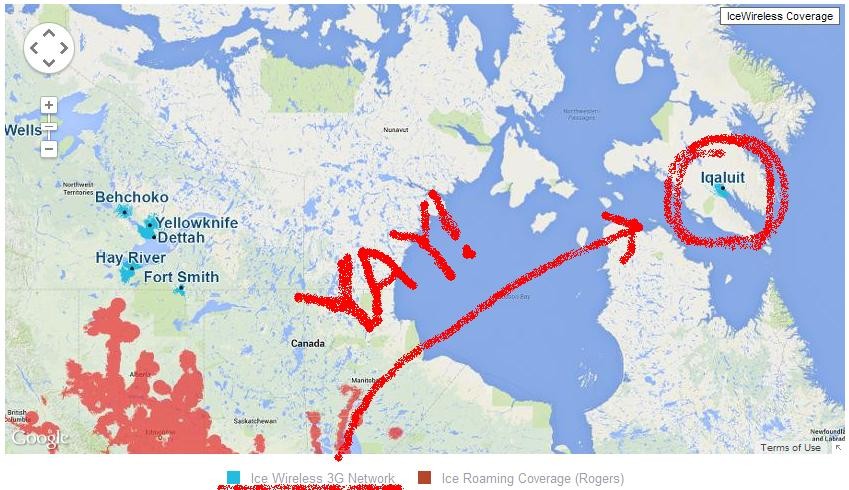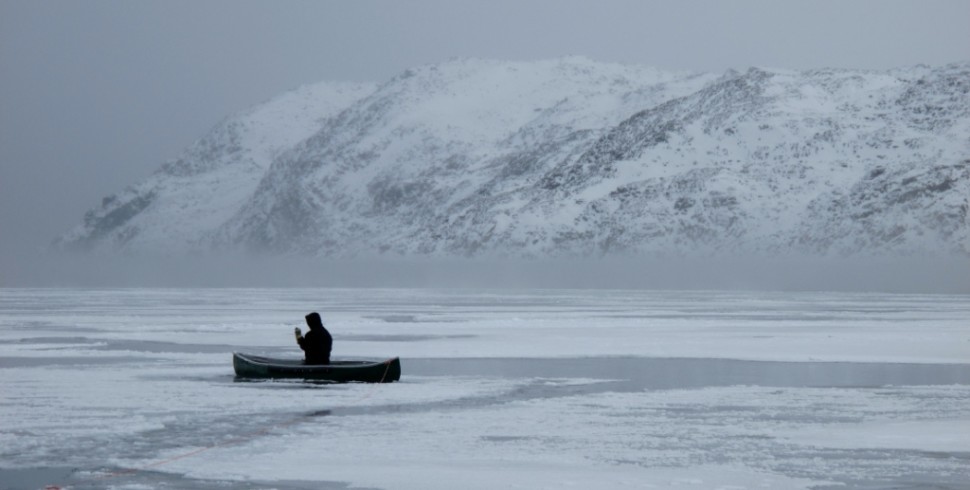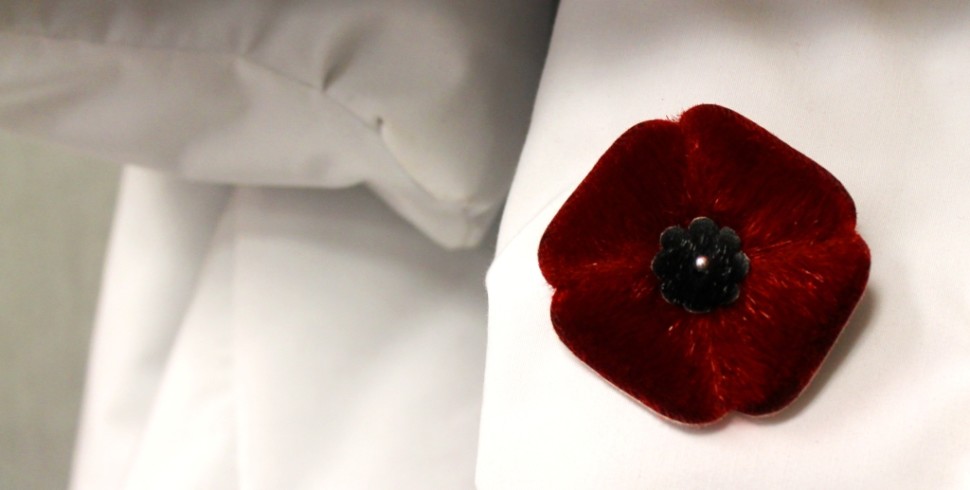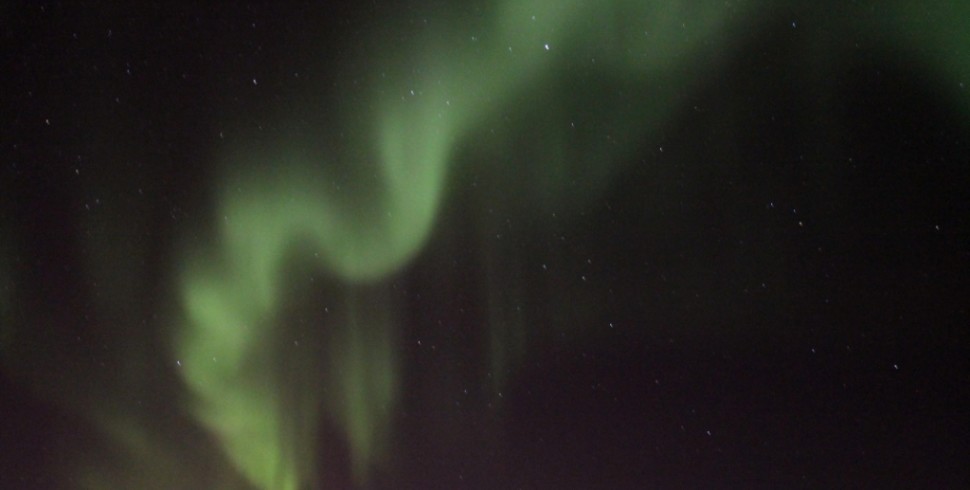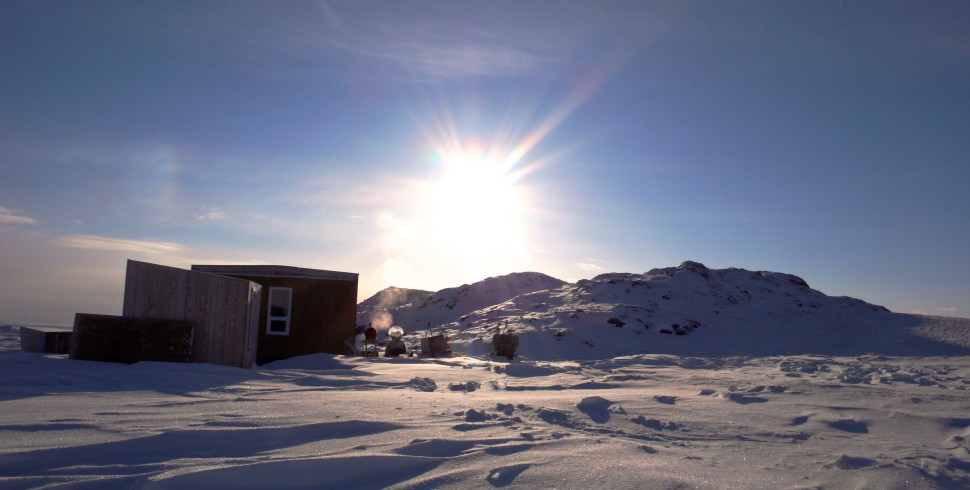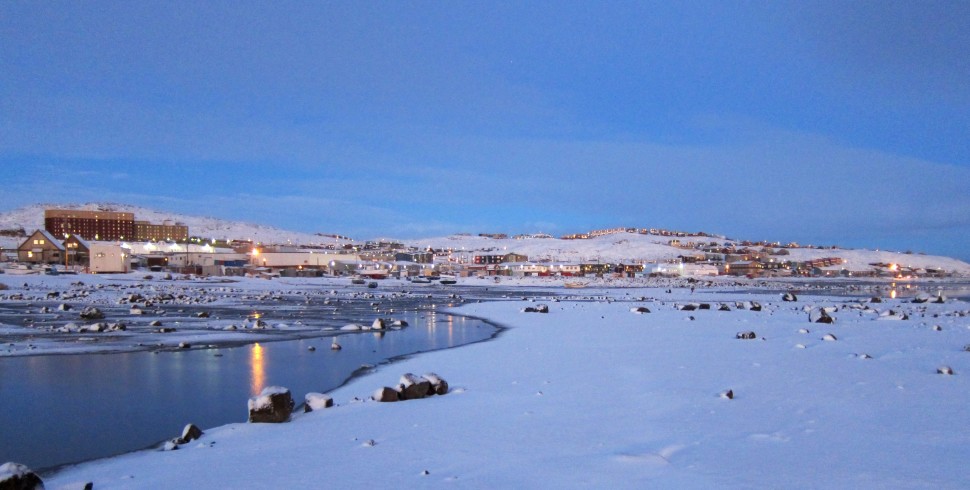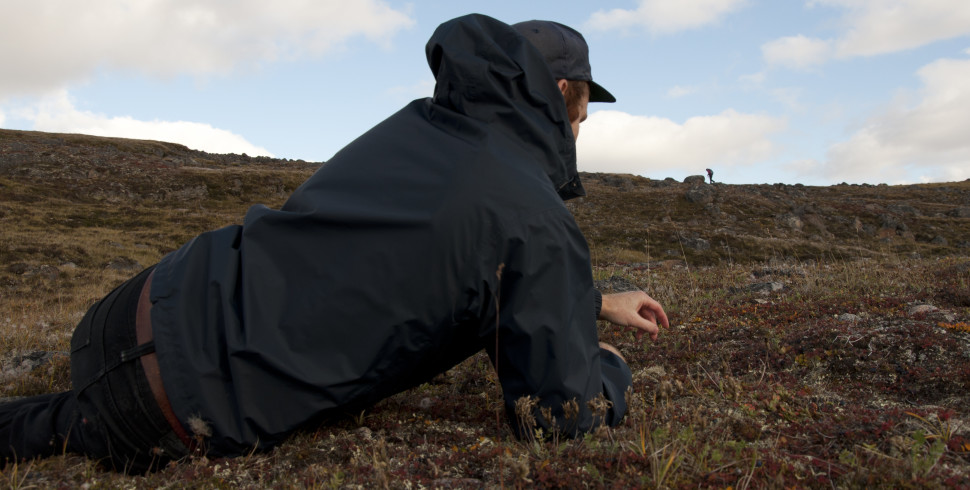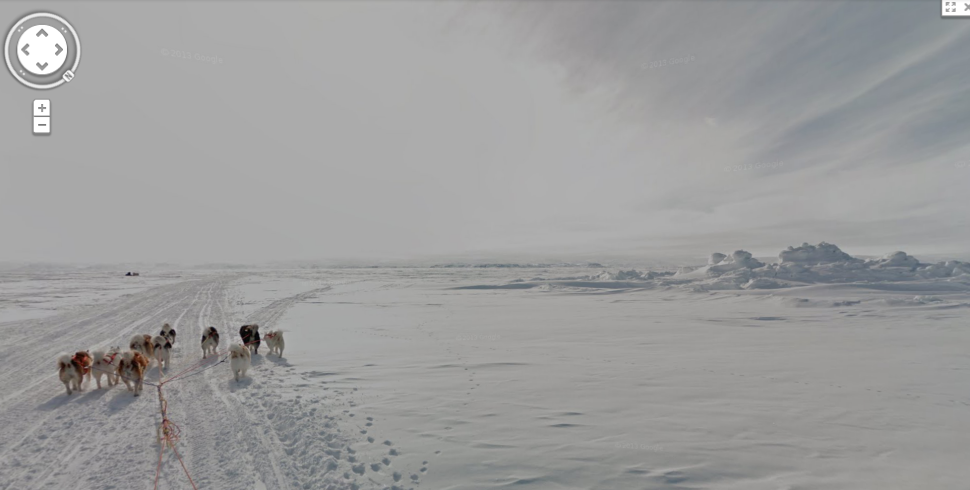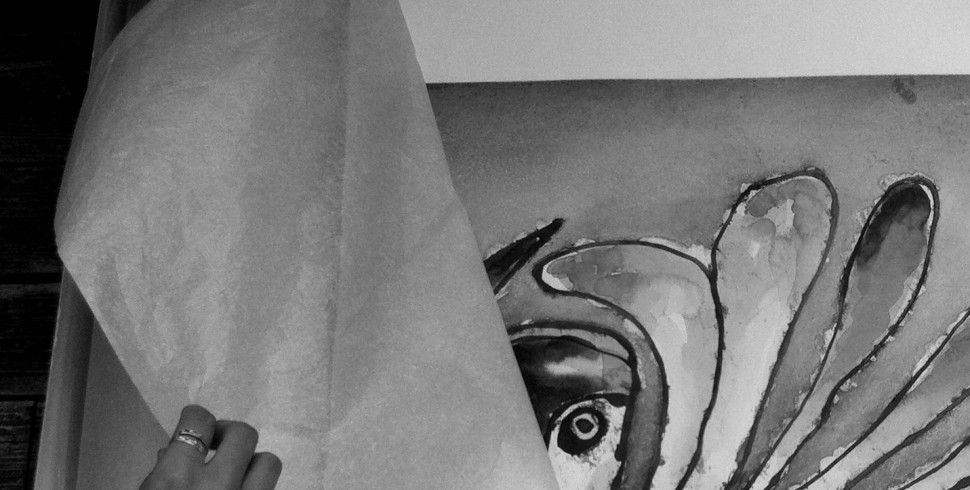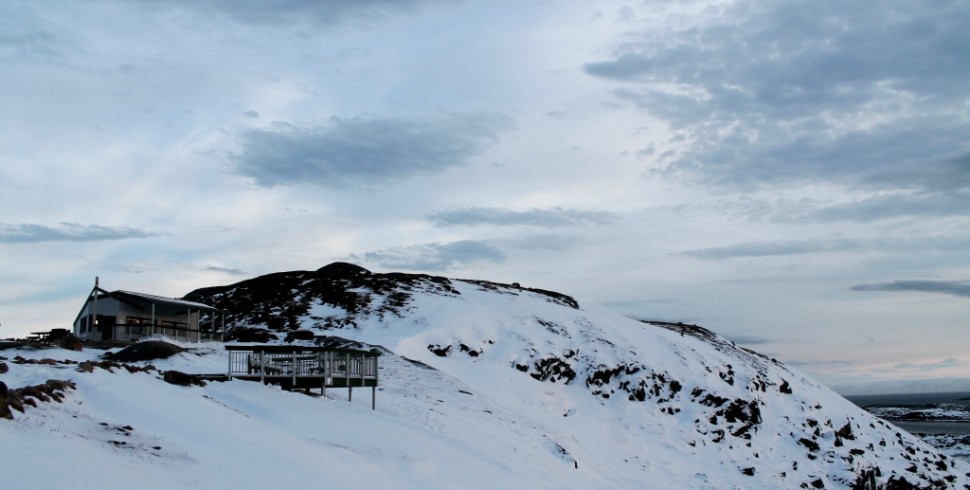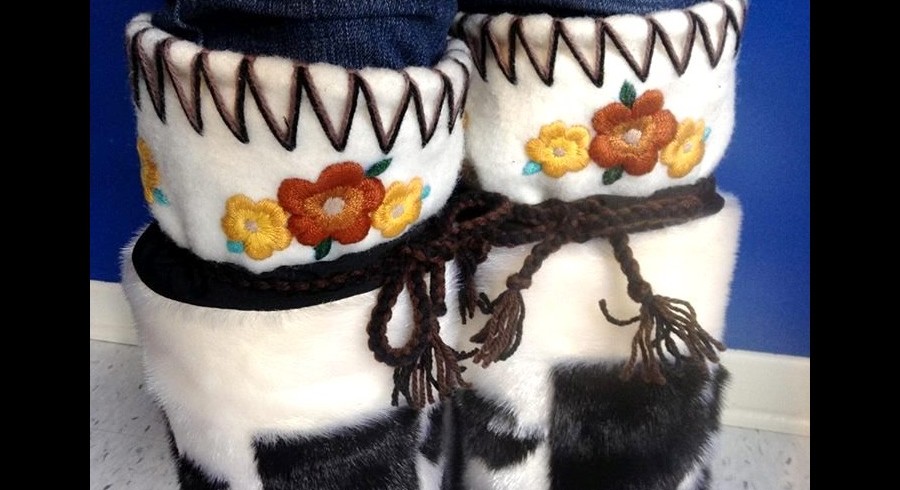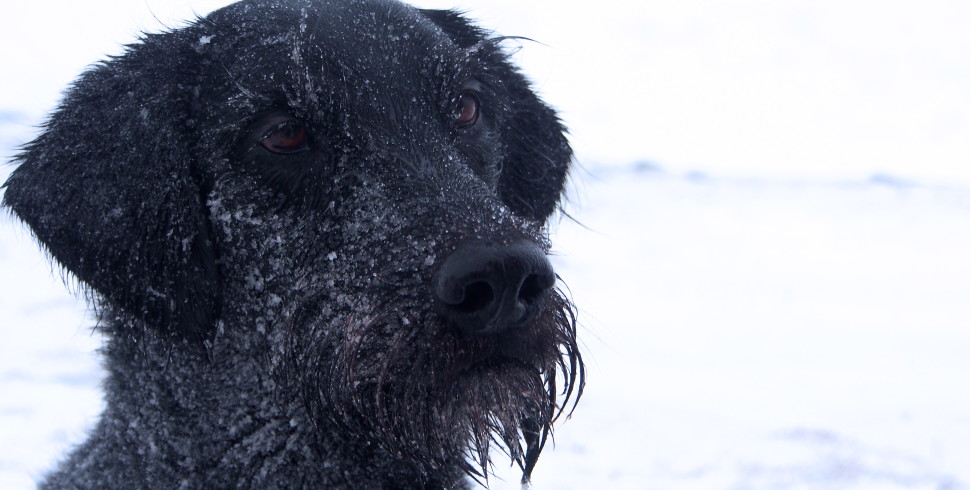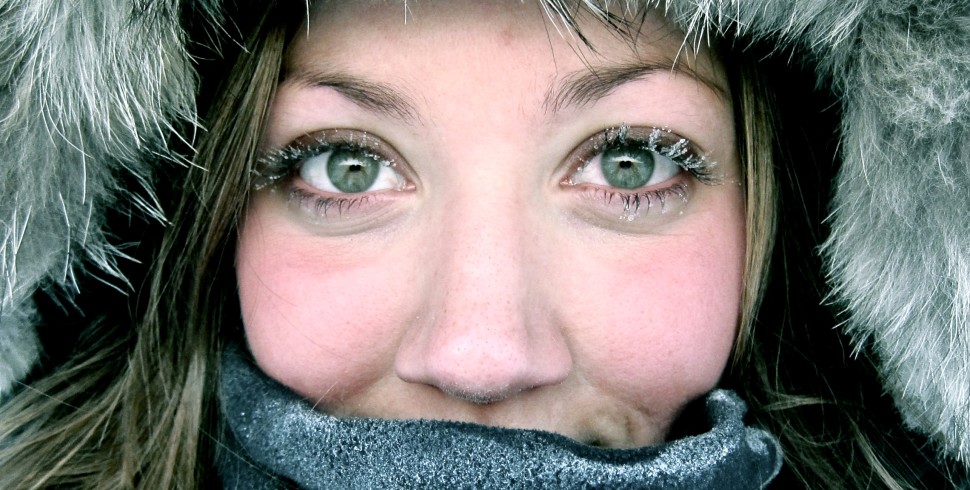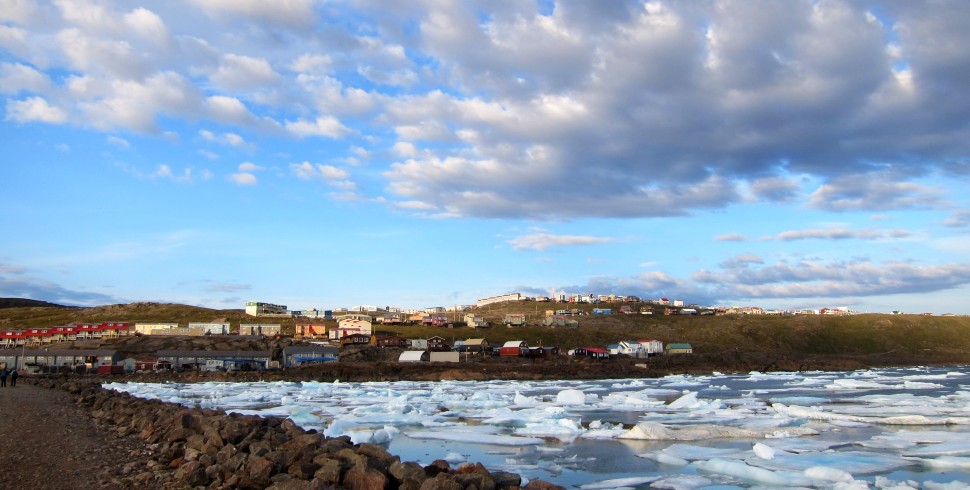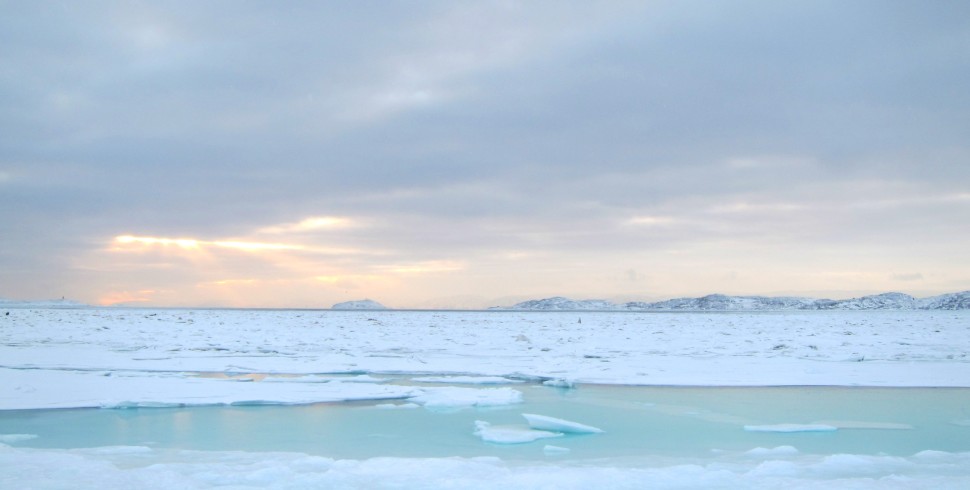On June 18th, Nunavut got a new sound, thanks to the songwriting and vocal stylings of THOR, a Scandinavian-born, Nunavut-based artist. “Calling 867″ is a North-meets-South love story, as a boy living in the Arctic croons to his lover down south, “You should come to Nunavut and stay here.” Representing Nunavut with our territorial area code (867, which is also used by the Yukon and Northwest Territories), THOR’s song gives northern romance a voice in the form of a catchy, radio-friendly pop tune that’s the perfect summer jam. The song is embedded below, and you can download it for FREE until July 9th (Nunavut Day!).
Interview with THOR
To find out a little bit more about “Calling 867″ and the musician behind the music, I sat down with THOR on a rainy Sunday afternoon to talk music, boy/girl bands, and his recipe for success, followed by a quick photo shoot at a playground with a view.
ANUBHA: Why don’t you tell me about the song?
THOR: “Calling 867” is a remake of a Danish song called “8-6-6-0”, which is the postal code of a tiny Danish town, and it’s a folk song by a guy named Peter Sommer. It was a song that I fell absolutely in love with and decided to make a remake of it for Nunavut because this is sort of where I’m from, and I feel very strongly about this. There’s been so many people that I’ve known in Iqaluit who’ve left, and it breaks my heart a little bit every time, and I wish they’d come back and stay. Also, I have a background in marketing, so I wanted to basically give people in the south an emotional anchor for coming to visit Nunavut. Which may sound like a sellout, or, like I’m not, you know, my integrity is not in the content of the song. Which could be true, but I don’t care. But I really want to have something fun and cool and contemporary that people can actually play on the radio, and is a good time.
What was Christine’s role in “Calling 867″?
I wanted her on the track because she’s a great throat singer and she’s one of my really close friends. I needed some backing vocals and, it was fun working with her.
I wanted to basically give people in the south an emotional anchor for coming to visit Nunavut.
You mentioned that it was originally a Danish song. You were born in the Faroe Islands, you spent the first part of your childhood in Denmark, then you moved to Nunavut, then you moved back to Denmark, and now you’re back here in Nunavut. Where is home for you?
I’m very divided. My heart is in Denmark, and in the Faroe Islands, and in Iqaluit. I talked to some Danish bureaucrats the other day who assured me that the road to having a dual Danish-Canadian citizenship is paved, so that’s being a thing.
So you can have dual citizenship.
Yes, I am so looking forward- I just got my permanent residency status approved, and I’m going for the dual citizenship in a year. I will be both. I will get to live in both of the countries I love. Legally. I might have been here illegally for like, two years. I’m pretty sure actually. You can put that in there, I’m not scared of them anymore [laughs].
Talk to us a little bit about being in a Faroe Islands boy band.
[Laughs] Okay. Well, yeah, you’re right, it was a boy band with four female members. And that was a lot of fun.
Four female members?!
Yeah, it was the FAROE5. It was originally a five-girl band. It was a girl band! They were cast on the TV, like national TV auditions. And then I was originally, I was the guest rapper and producer and songwriter and co-manager and stuff like that, and publicist. But then one of the girls left, and I just sort of took her place, and it became a pop group, not unlike, um…what are they called?
S Club?
[Laughs] S Club, or Boney M Gold. So I’m that crazy guy. I remember an interviewer asked me once if I was going to be wearing the like, pants that stick out and a weird getup.
Did you?
No. I did do some choreography that I was not completely comfortable with though. And some of it was, they wanted me to like, rap over Christmas songs, and that’s where I drew the line. I was like fuck this.
Compare the music scene in the Faroe Islands and Nunavut, and do you think that the music scene in both of these places somehow also reflects the social structures?
Yes, I do. In the Faroe Islands it’s very hipster and emo, and in Nunavut it’s very, um, amateur and um, unpolished. And that’s not to say that it’s bad, but it’s, it reflects the whole society here, I think, in that it’s definitely two cultures coming together and the Southern way of viewing music has not fully been integrated in here yet. I might just be talking of out my ass, you know [laughs]. And then in the Faroe Islands, they’re very proper and polished, and it rains there all the time, so a lot of them are really sad and everybody wants to leave, all the young people. But they still have this weird love relationship with the Faroe Islands, because they’re really proud to be there.
And how does that compare to Nunavut and music in Nunavut?
Music in Nunavut is just, it’s so fresh, it’s like still trying to get on its feet. There’s a lot of talent out there in Nunavut, and I want to be the producer who aggregates it and polishes it for the southern market.
So right now, you’re saying that the southern style of music hasn’t fully been integrated in Nunavut. Why does Nunavut need that?
I think Nunavut’s music scene is obviously going to take on its very own identity, which is going to be a mixture of traditional culture and the influx of you know, like, external immigrants…external immigrants? Is that a thing? Okay, anyway, immigrants, like myself, but I think it’s going to have a really unique sound, and I think there just, there needs to be a bridge, something needs to bridge the gap between sort of the isolation here and something that southerners can understand and relate to.
Why should Nunavummiut care about creating music that southerners can understand?
Because even though you can try to communicate what you want to say, if you’re not speaking in the same language as the person you’re trying to talk to, then there’s going to be so much lost in translation. Growing up here, I know sort of both cultures, and I can understand the way people here think, and in Scandinavia think, and in the south think, and I can see when people misunderstand each other and it happens all the time.
Give us an example.
Sometimes when southerners try to use words that are very academic, um, the meaning is sort of lost. Instead of being real and down to earth, which is how people here communicate a lot. It doesn’t need to be so hyped up. But at the same time, the southerner method of communication is very nuanced and very specific, which is a good thing, because it paints with a lot of colours.
How do you see northern communication?
Northern communication is much more, it’s much less wordy. To me, it seems a little bit more, sort of, kind of honest. More straightforward and down to earth.
There’s a lot of talent out there in Nunavut, and I want to be the producer who aggregates it and polishes it for the southern market.
When I hear Calling 867, at first it sounds sort of like your standard love song. But I also hear the person singing about Nunavut, like Nunavut is their other love.
Oh. That’s deeper than I’ve ever considered the lyrics of that song. Yeah sure, that could be true. [Laughs] I’m really not that deep.
How do you think Nunavut has influenced you?
Growing up here, I think I definitely got a lot of world perspective, which is a weird thing to say, because it’s a pretty isolated place. But at the same time, there are people from everywhere here, and there are people, native people who come from here. And it’s really interesting to see how those two cultures work together and collide sometimes. I actually grew up with a lot of – I’m not sure if I should say this – but I actually grew up here with a lot of racism, which is a weird thing to say, being white and very blonde. I experienced a lot of racism, and I didn’t realize that until I came back. Not from the general people, just a few instances, so I can really understand the sort of struggle between, the clashes between the two cultures, because I’ve been right in the middle of it, and I still experience it from time to time. Now I don’t really care because I sort of know that I have a right to be here, because I think, a lot of the people who grow up here, have a settler’s mentality, but it’s like, we’re second generation, you know? We actually belong here. Which is cool, it’s totally legit, and people who have a problem with that are very few and far between.
So you’re second generation, because you’re…
Yeah. And I don’t think anyone dislikes anyone who comes here who has respect for the place. Because a lot of people come here and they lack respect. So they come here and they try to make it into the south, which it will never be. And they sort of disregard what is here and now, and they sort of try to force their own values onto it.
Are you hoping to teach non-northerners something about the north, then?
No, not really. I’m trying to demystify it a little bit. I don’t think that the north is any different than the south in a lot of ways. Like, it’s just a place you live, you know? And I don’t want people to have misconceptions about it. One of my lifelong missions is to destroy the myth that Eskimo kisses are like, rubbing noses. I practice that a lot. Debunking. I teach a lot of southern girls that [laughs]. That sounds really bad.
I’m putting that in.
[Laughs] Yeah, I’m recently single so I’m doing a lot of debunking.
Canadian North and First Air are supposed to merge. Where would like to see this new airline fly?
I think that there should be a very strong power bridge that goes Iqaluit, Nuuk, Reykjavik, Tórshavn, Oslo, Copenhagen. I think there’s so much connection between that arc of countries that needs to happen. So I think that should be a route, for sure. But obviously, I want to go straight to Copenhagen from here. Because I basically fly over [Iqaluit] when I come to fucking Toronto [from Denmark] anyway. It’s so annoying.
Why that arc?
I’m trying to justify my being here, and it sort of makes sense, you know, because Denmark and Canada, even though they’re not he best friends, diplomatically I mean, they’re good friends, not the best. I want to strengthen that tie. I met the Danish ambassador the other day. I was so excited.
So you see that arc as a personal connection?
Yeah, it’s totally personal. I’m not sure that if it’d be profitable or helpful. But definitely the Nuuk-Iqaluit route.
What do you think life would be like if you were named Thor but you didn’t have blonde hair?
I can’t imagine a world in which I don’t have blonde hair [laughs]. Um, I don’t know, I was telling somebody yesterday that I think my power [from my name] has given me a lot of things to live up to. So I have to be cool in some way. I either have to be hugely successful or just really chill. I could be a hippie who smokes a lot of weed and is just like, is cool to be around, but I have to be cool. Especially now, with the [Thor] movie, with my namesake. I don’t think the blonde matters at all. I realized yesterday that I really love my name. My name was supposed to be Gullbrandur, but then my dad was like, “No, it’s too Icelandic, let’s call him Hans”, and then they settled on Thor. Gullbrandur means golden flames in Icelandic. Would you have been my friend if my name was Gullbrandur?
I would be your friend under any name your parents gave you.
Yes! Good.
You don’t drink, you don’t smoke, you don’t do drugs. You’ve also gone through a handful of different eating regiments and you’re health conscious. Why?
I’ve dedicated 2014 to a year of developing my self-efficacy. So I want to be able to control my life circumstances. So I want to become really self-disciplined. I want to optimize and automize a lot of my lifestyle things. And I want to live until I’m 140 and be super healthy and I want my quality of life to keep increasing until I suddenly drop dead. That’s my goal. I’ve cut out weird stuff like sugar, and food in general…I’ve done a lot of weird stuff.
Do you think it’s working?
Yeah! Yeah, it’s fun! You’re experimenting on yourself. Lately, this past week, I’ve had so much energy, it’s insane. And I’m like, playing around with the parameters, but I know that it’s like, uh, a shake that I make in the morning and then it’s [me] standing at my desk all day, no sitting, just all standing, getting an activity tracker which tracks my movement and sleep patterns, meditating, sleep mask, lots of water. Sex. And working towards something that I really, really want to do. That is the fucking recipe for life.
That’s a pretty complicated recipe. You want to tell us how to make just the shake?
There is spinach, kale, avocado, hemp protein powder, a banana, apple, blueberries, orange juice, carrots, flax seeds. I think that’s it. And you know, sometimes I don’t have everything, but that’s the basic recipe. I listen to a lot of health podcasts, and this is what neuroscientists drink. This is the best. You get all your micro and macronutrients. If you start your day off with that, you have a big one of those, and it lasts you all morning? Holy shit. I was up until four in the morning last night, and then I got up at nine for a meeting, and I was still relatively coherent, and I’m super energetic now. It’s weird, I’m like buzzing with energy.
I want to live until I’m 140 and be super healthy and I want my quality of life to keep increasing until I suddenly drop dead.
You sang on this track, you translated and wrote the lyrics, you recorded and produced the song.
With Peter Sommer’s permission. He’s a Danish rock star, it was awesome getting to talk to him.
Okay, you write music, you record music; you produce, you sing, you dance–
I don’t dance.
I’ve seen you dance.
Okay, but I don’t dance all that coordinated.
Okay, but you write, you sing, you record, you produce, you do marketing and publicity, art, photography. You have a lot of talents. What do you wish you were good at?
I wish I were better at accounting. I’m decent at accounting, but I wish I had a very clear overview on budgeting. I’m very good at saving, but I am really bad at tracking how the fuck I’m saving money. I think it’s from not drinking and smoking. That shit is expensive. Hold on, what am I really bad at. I want to answer this question really well. I have read so many books on how to fix shit. Like, I can’t sleep, oh read a book on not sleeping. I smoke, read a book on how to not smoke. Ooh, yeah, I want to become multi-orgasmic. There’s this book called The Multi-Orgasmic Man, which I have not finished, because it was a bunch of breathing exercises and I got bored. Not sure if you should put that in there…
You know your mom and I are Facebook friends, right?
Oh, she knows about stuff like that. This morning she told me not to have babies with anybody.
Just to make sure?
Yeah, basically. Yeah. Ooh, martial arts! I want to learn how to do martial arts. Just in general. I got jacked so that I can defend myself, but it doesn’t really matter if you don’t know anything about how to do it.
THOR, whose real name is Thor Simonsen, started out playing drums at age 5, and has been an active musician and music producer in both Nunavut and Scandinavia since 2006. He has previously worked with many international musicians, including Nunavut’s Kelly Fraser and Brian Tagalik, Greenland’s ANGU, and the Scandinavian pop-group FAROE5. Christine Tootoo, who throat sings and sings backing vocals on “Calling 867″, is an aspiring singer and recent graduate of the Nunavut Sivuniksavut Training Program in Ottawa.
The song will be available for free download until Nunavut Day, after which the song will be available to buy on iTunes, Spotify, and other music platforms.
You can contact THOR on Facebook, Twitter, and through his website.


